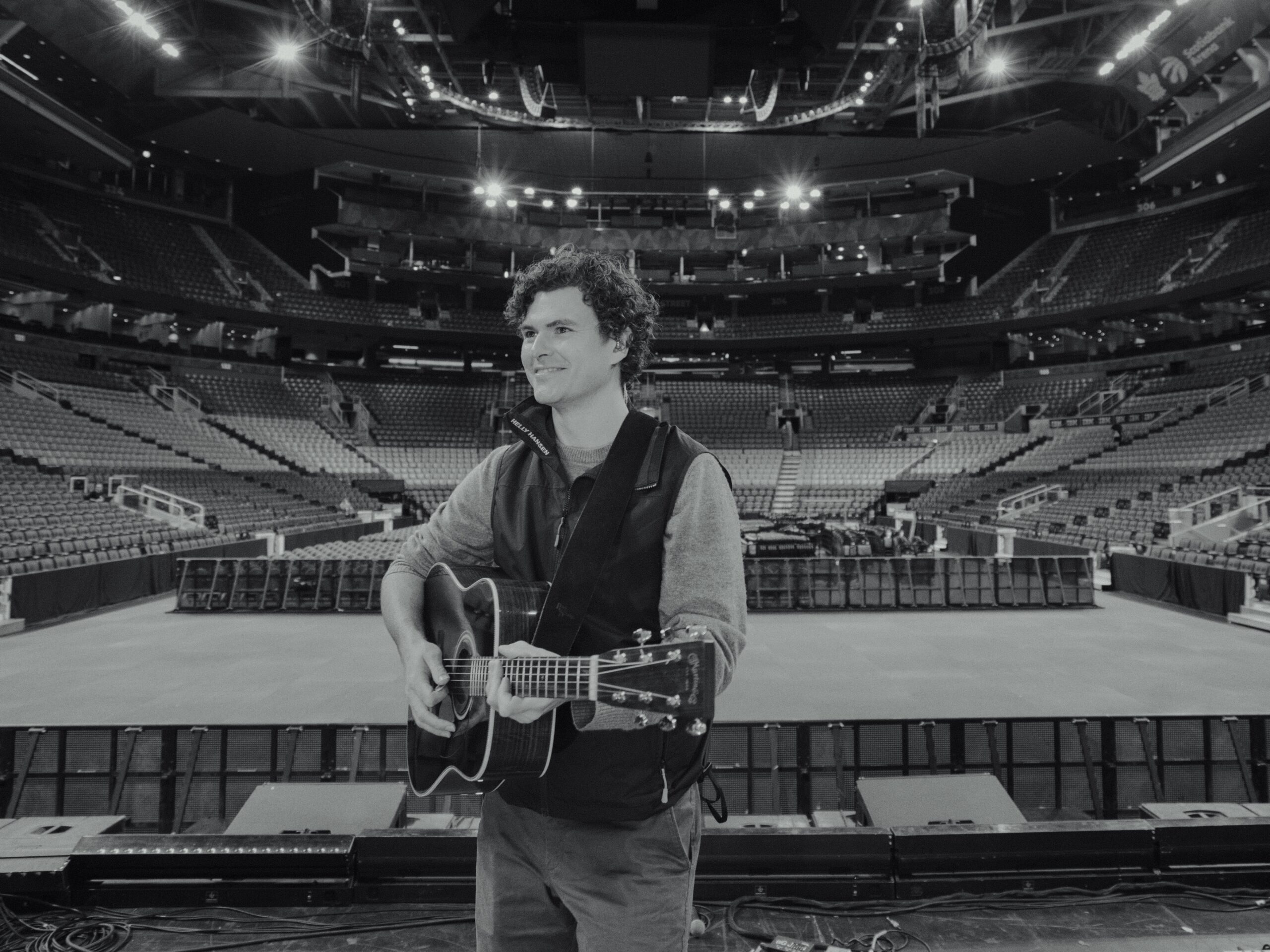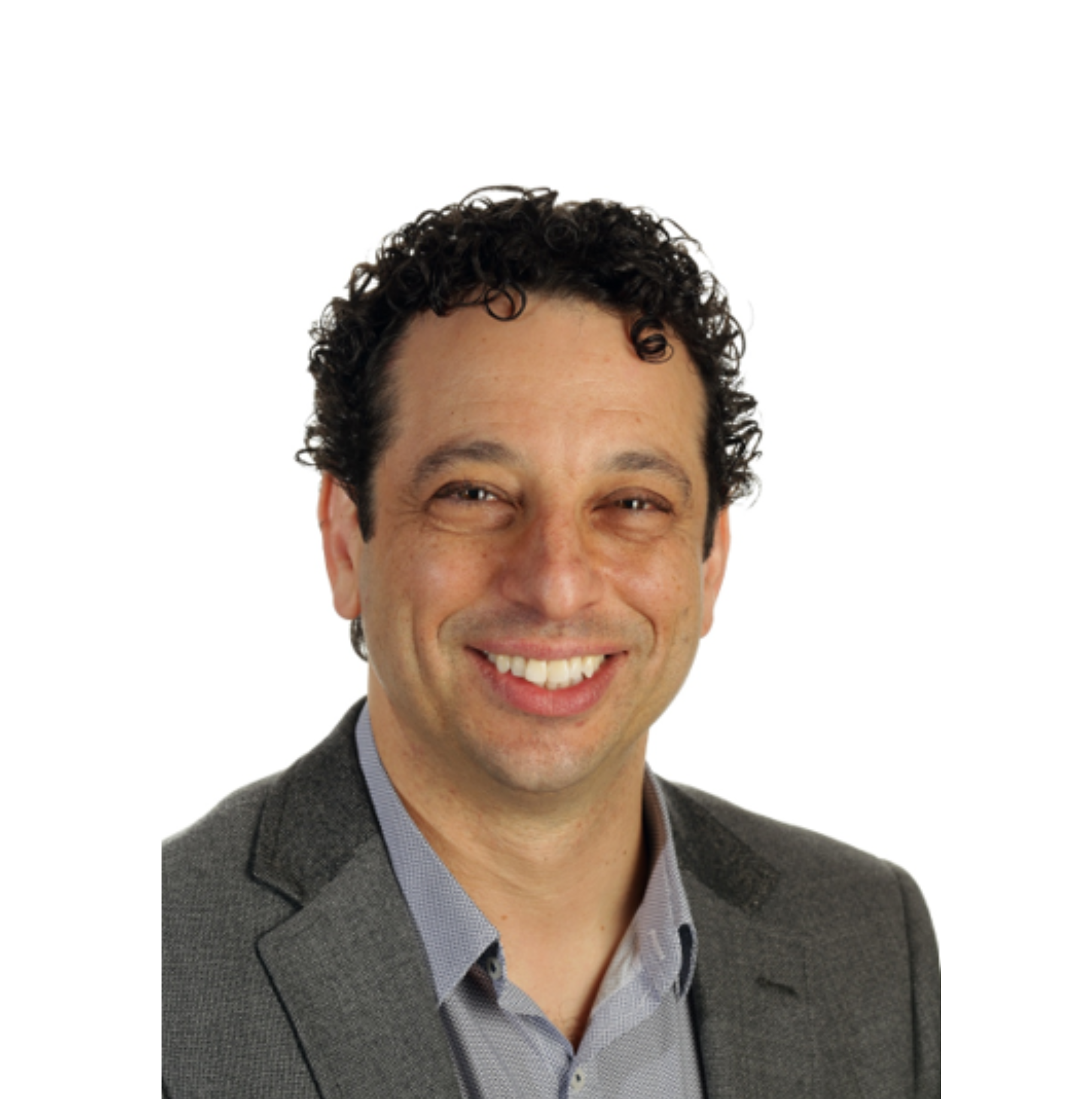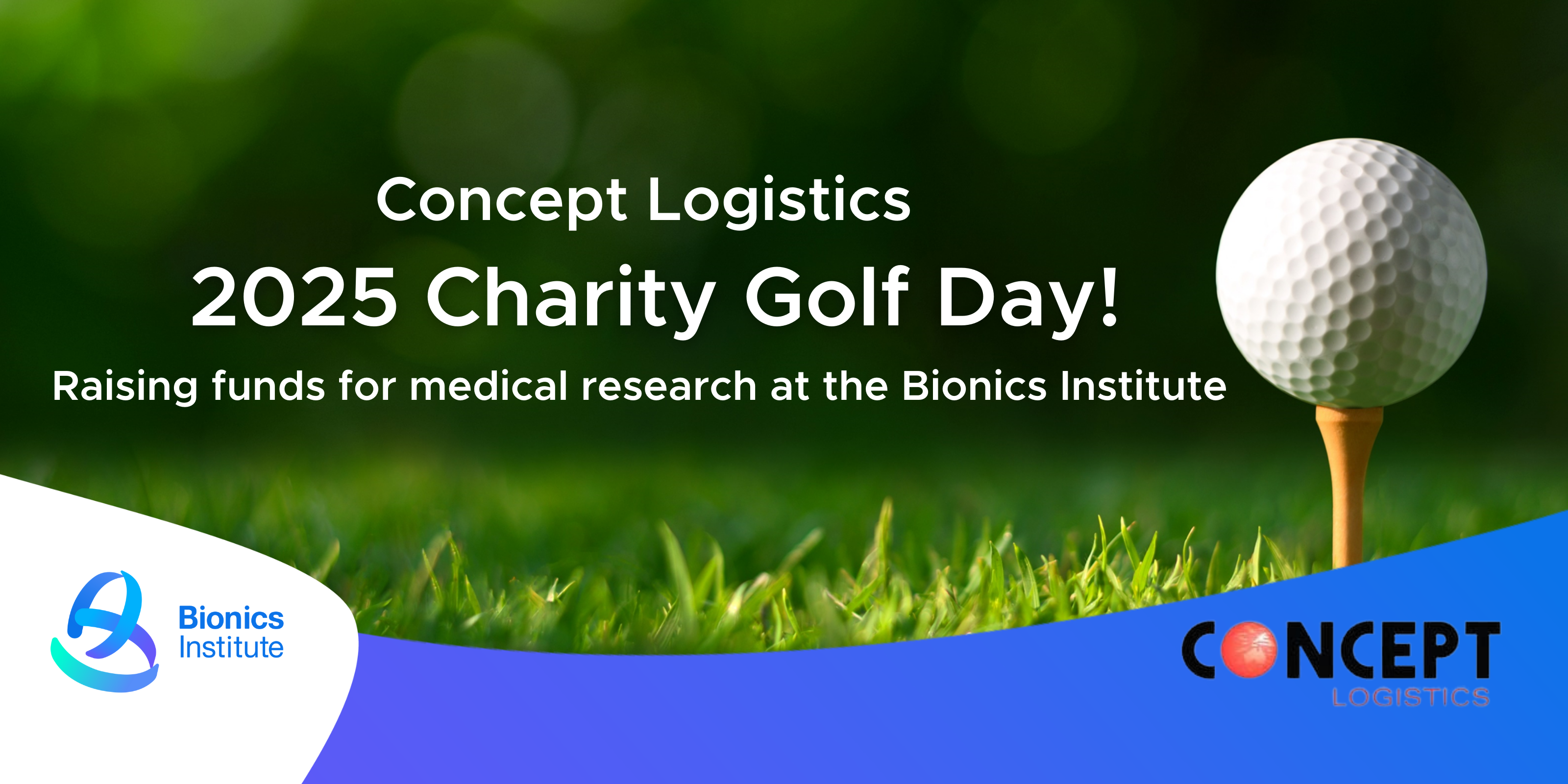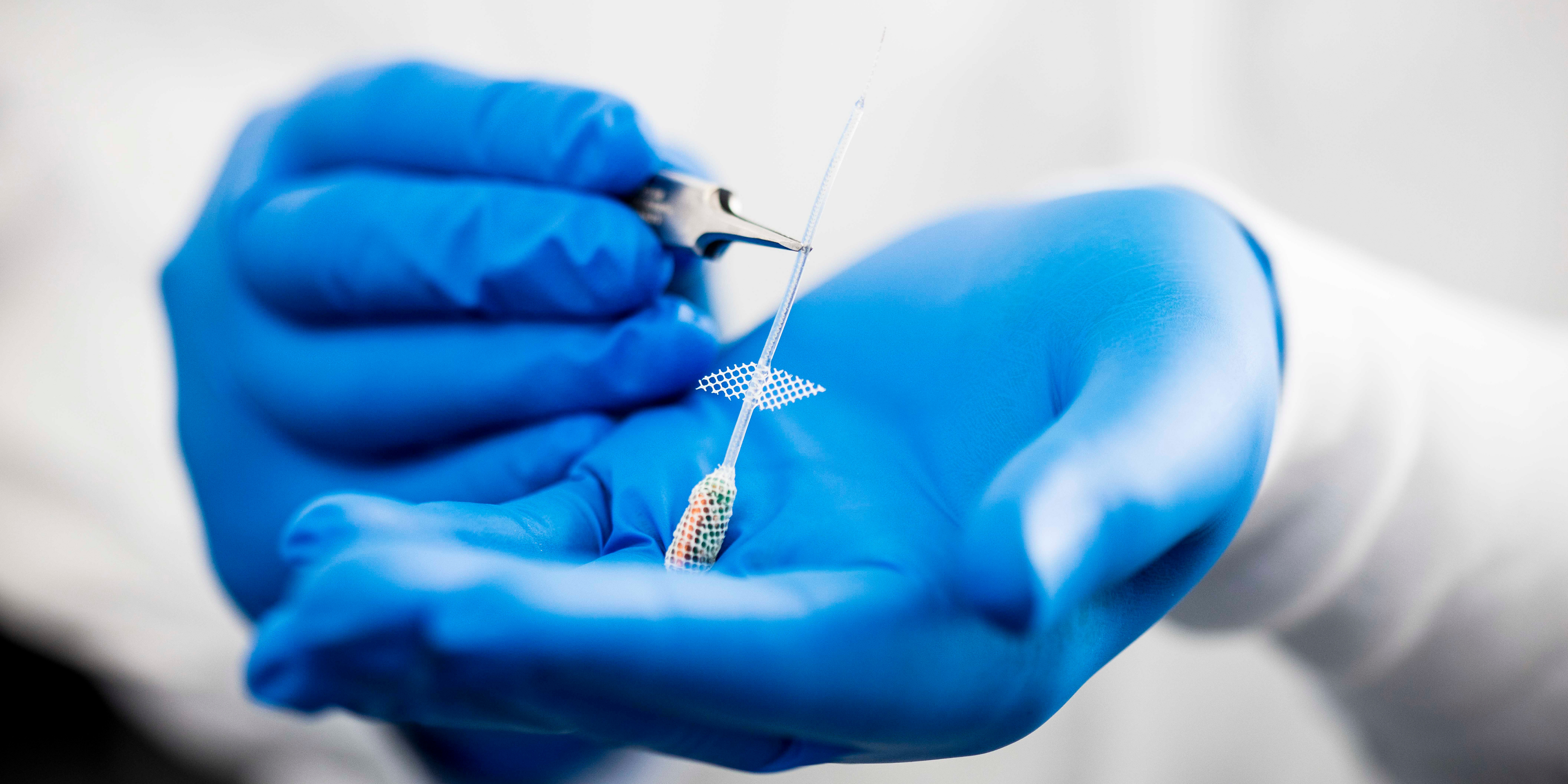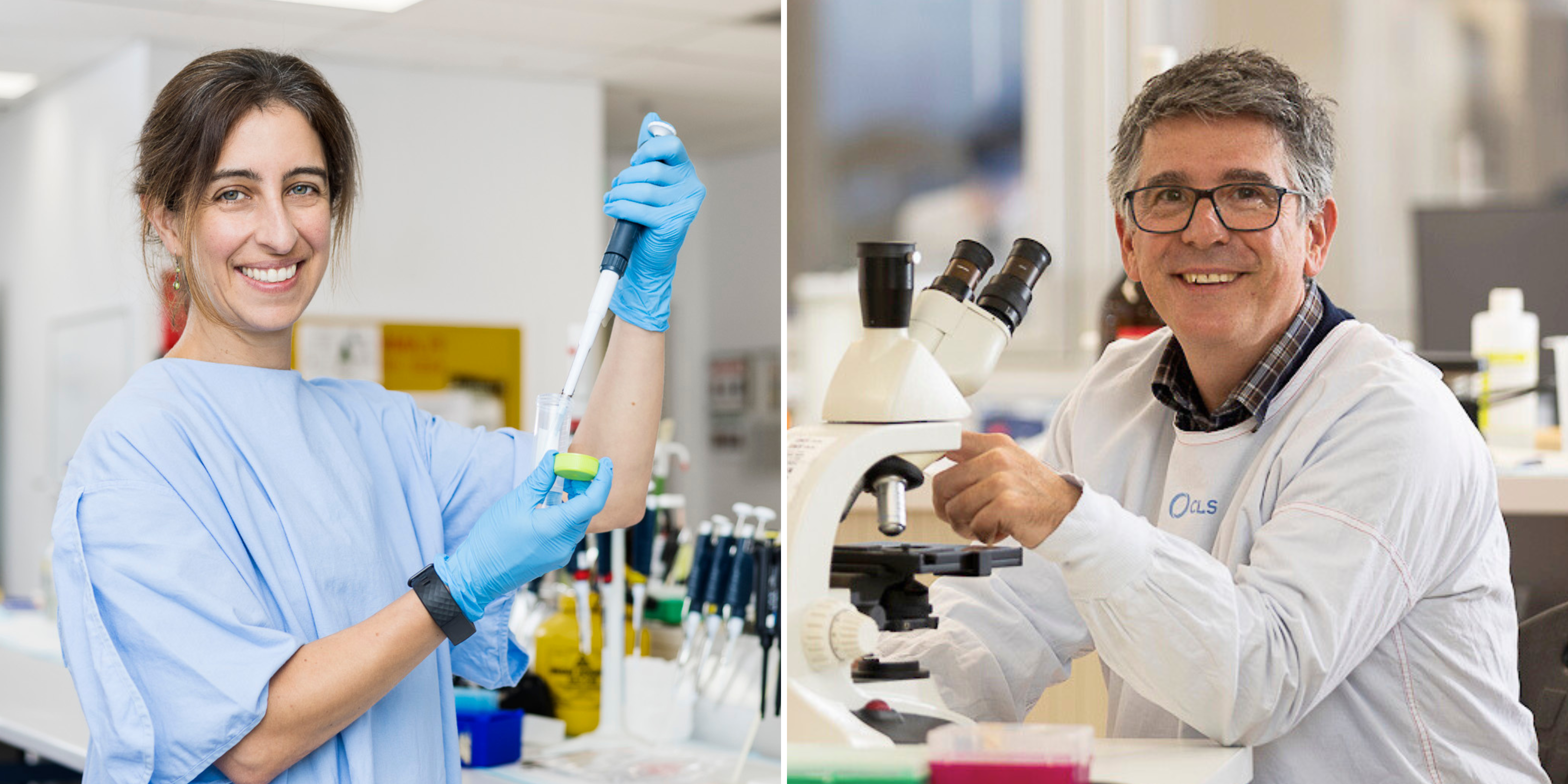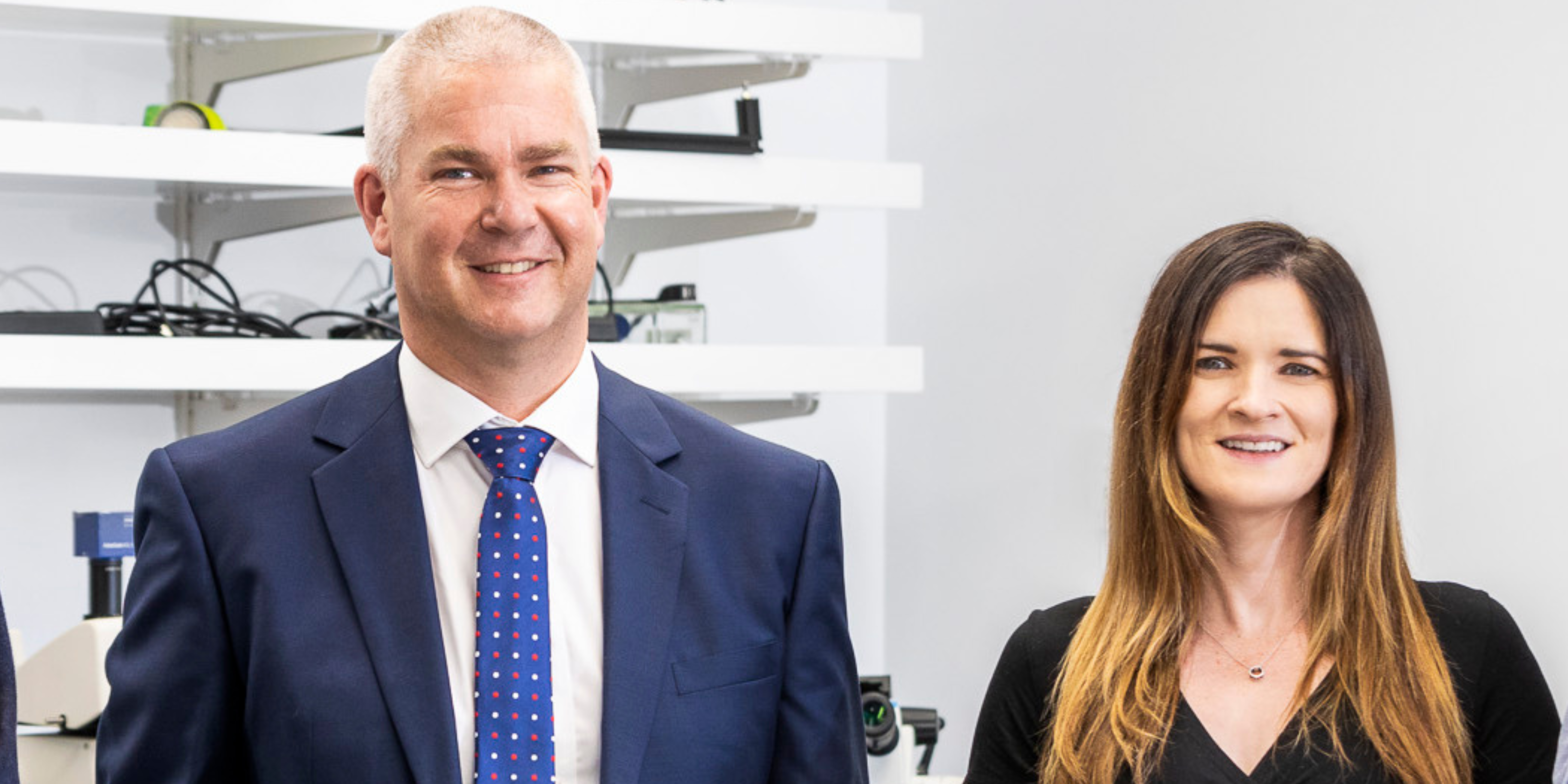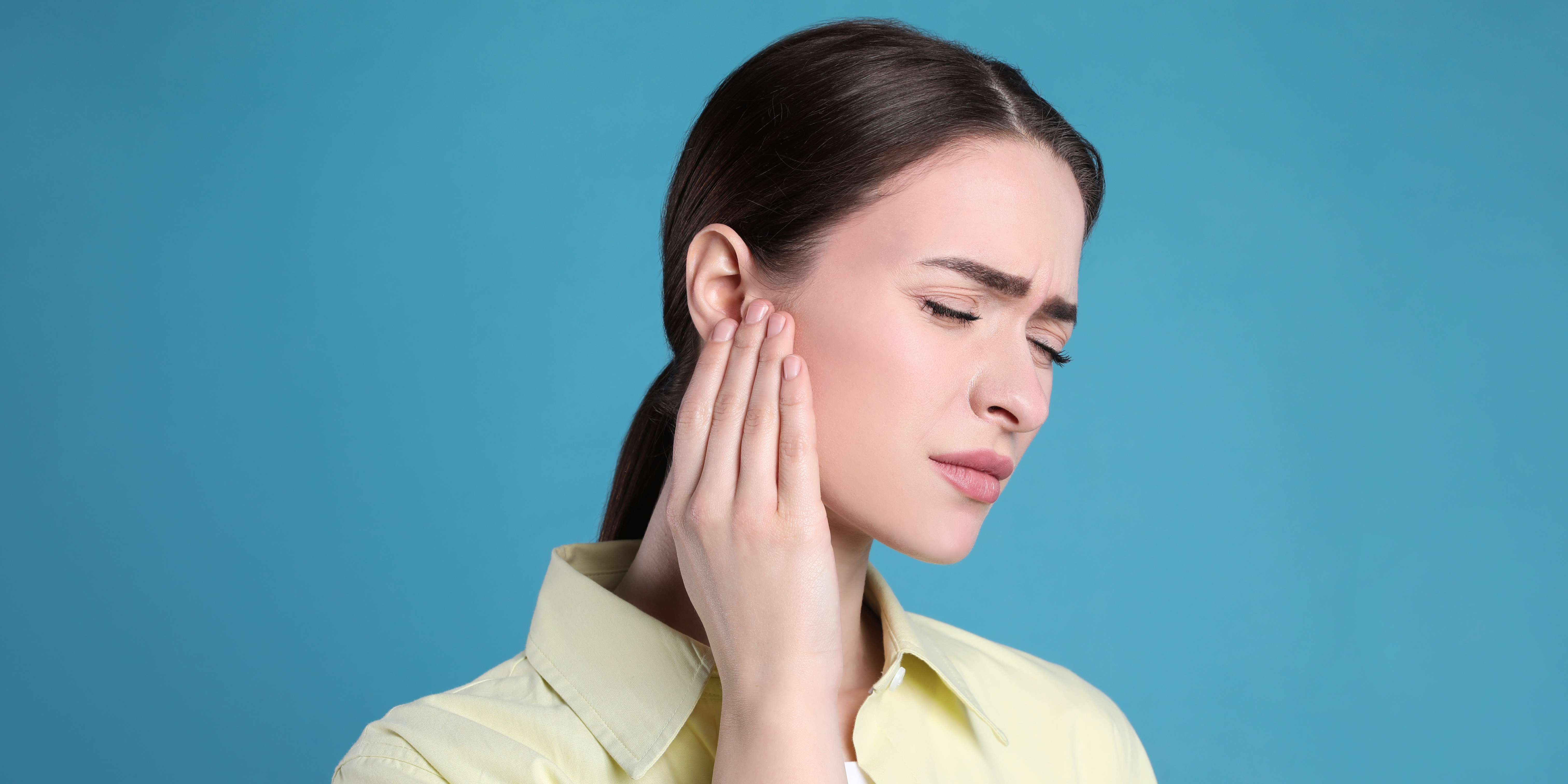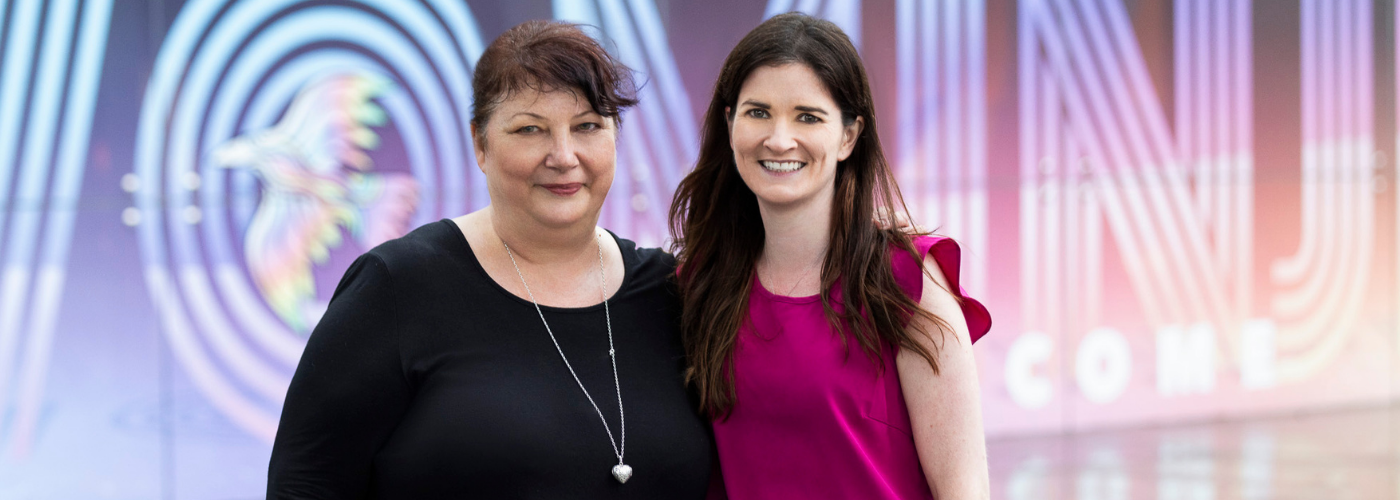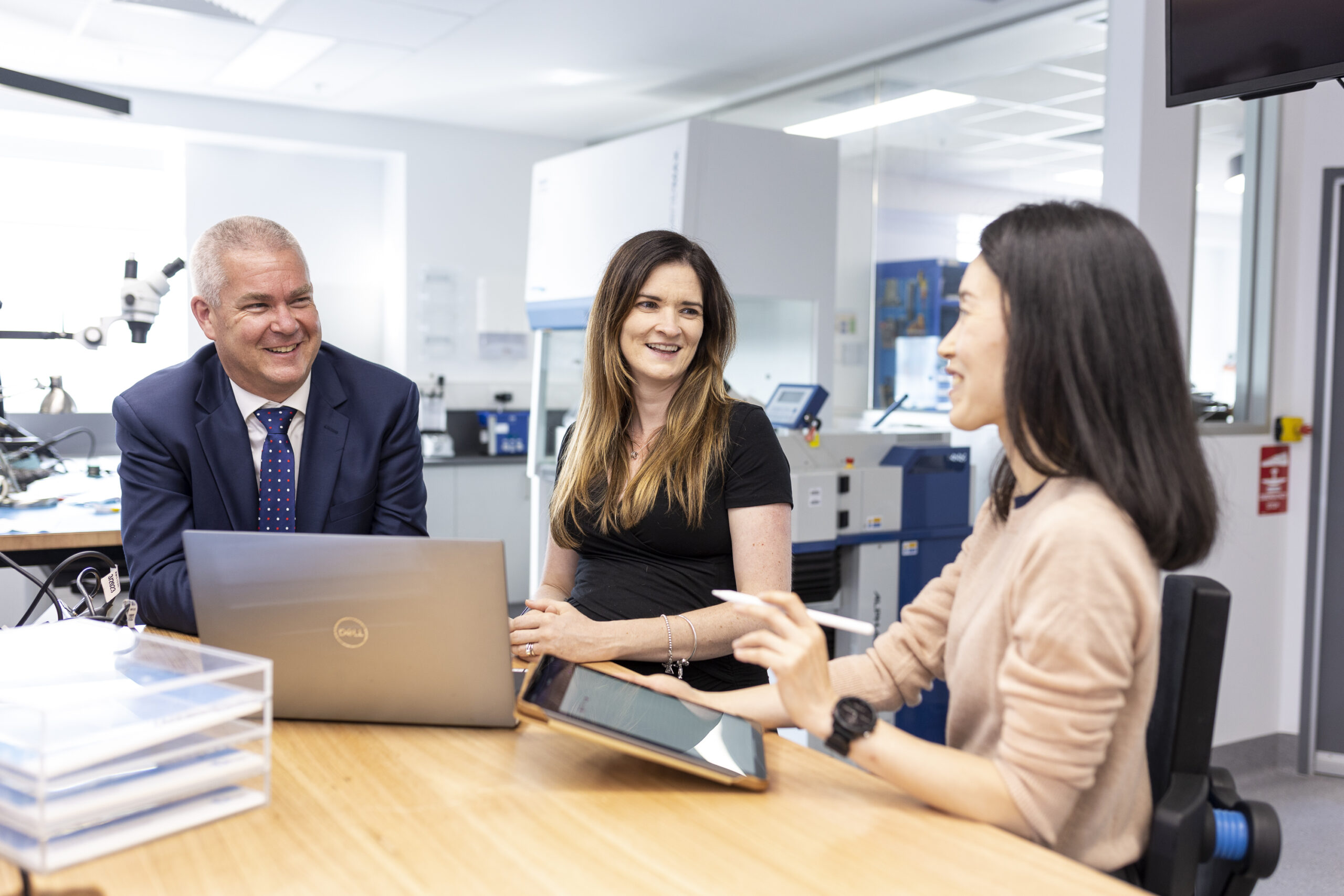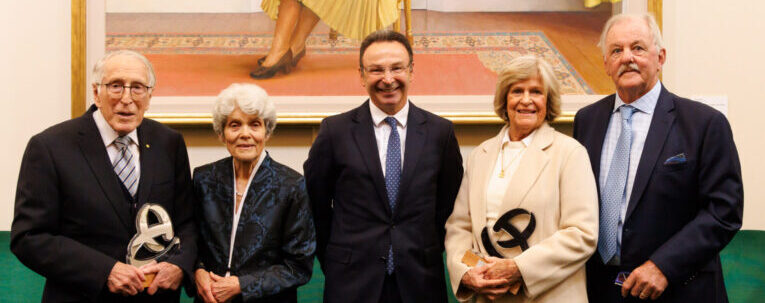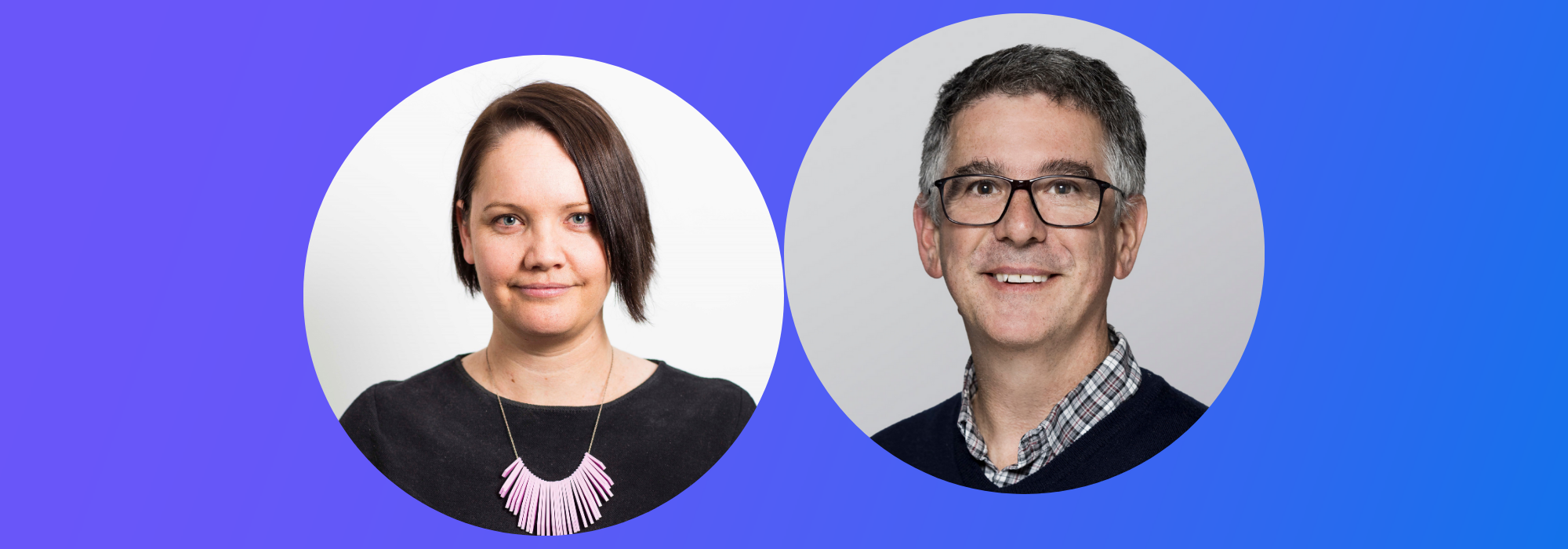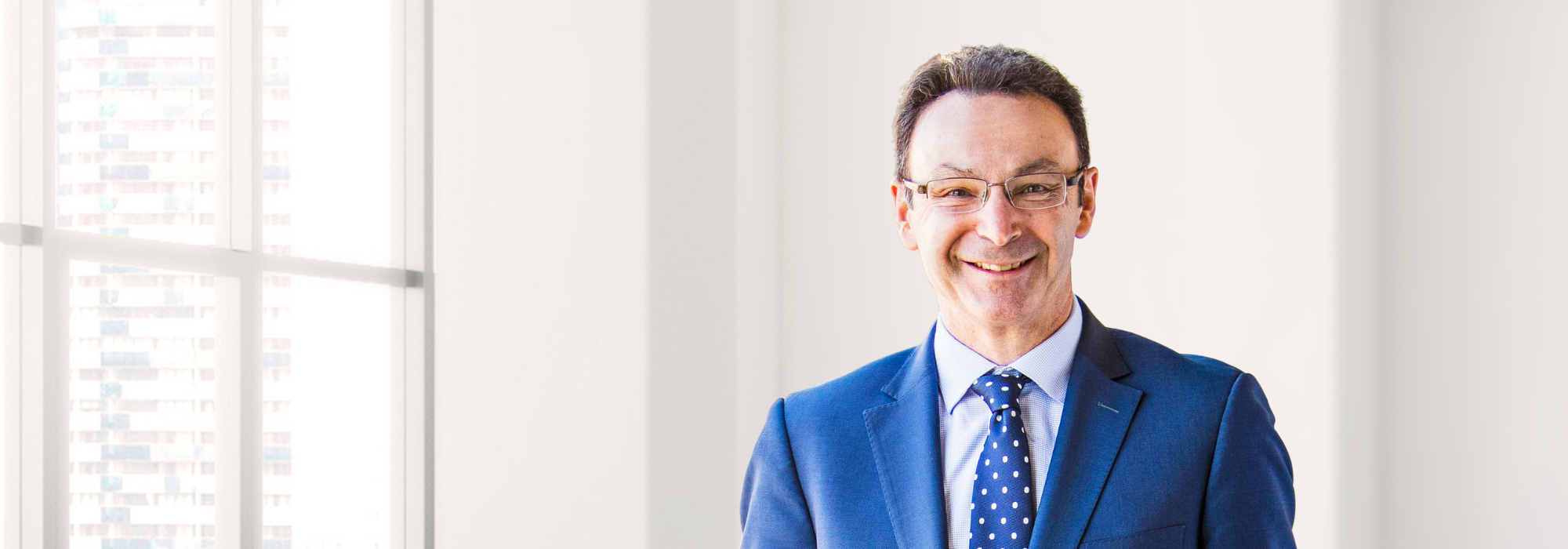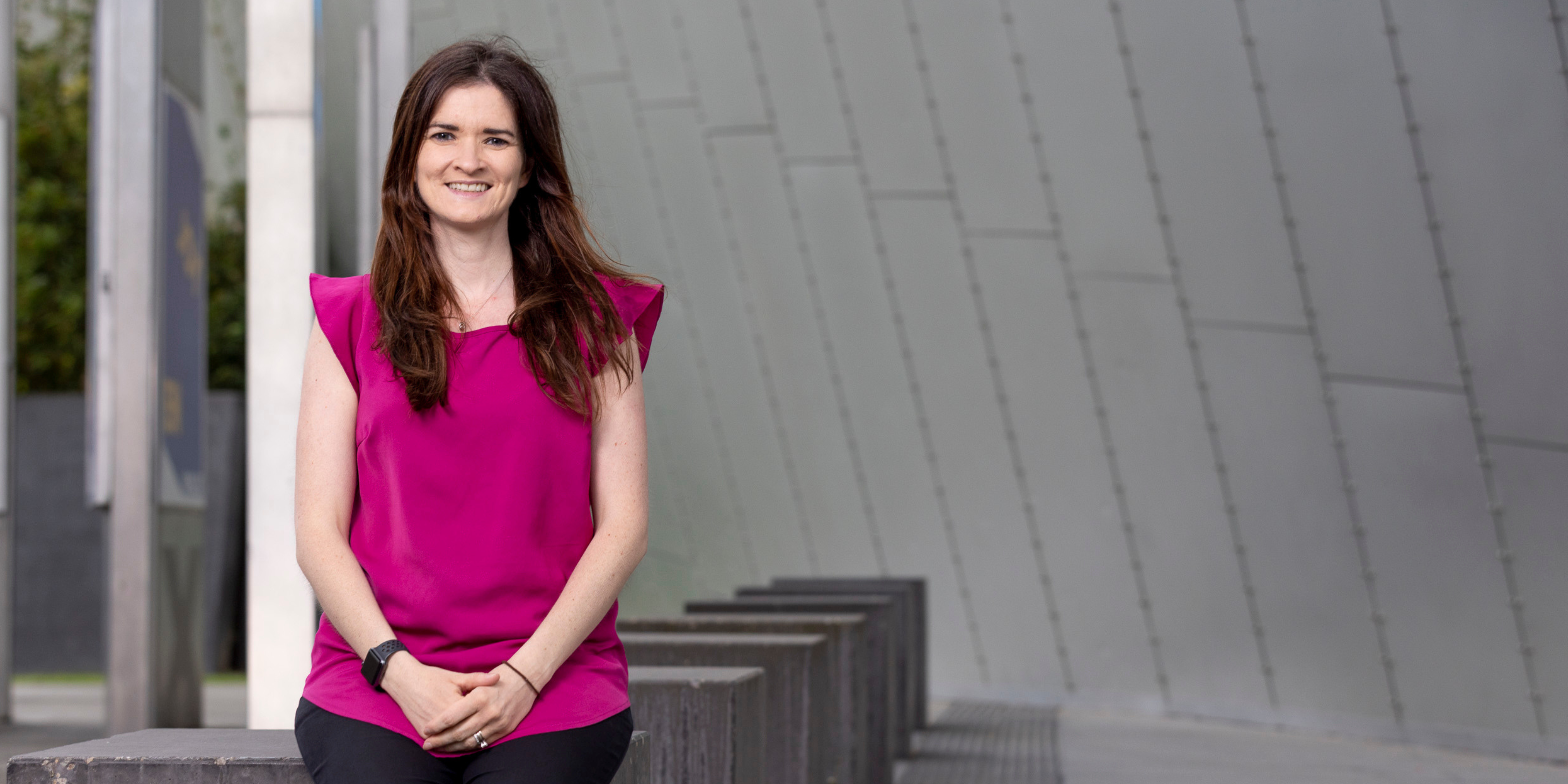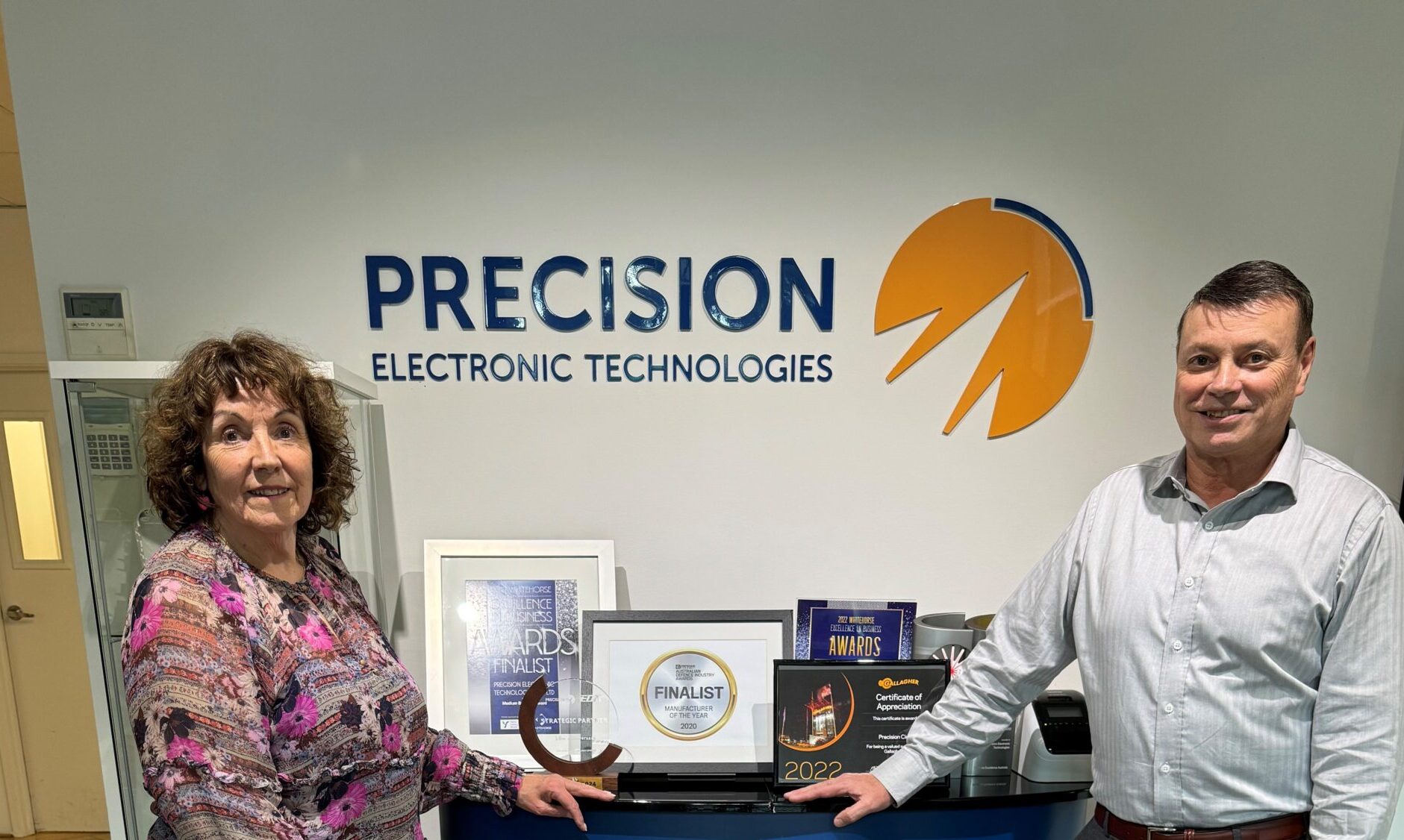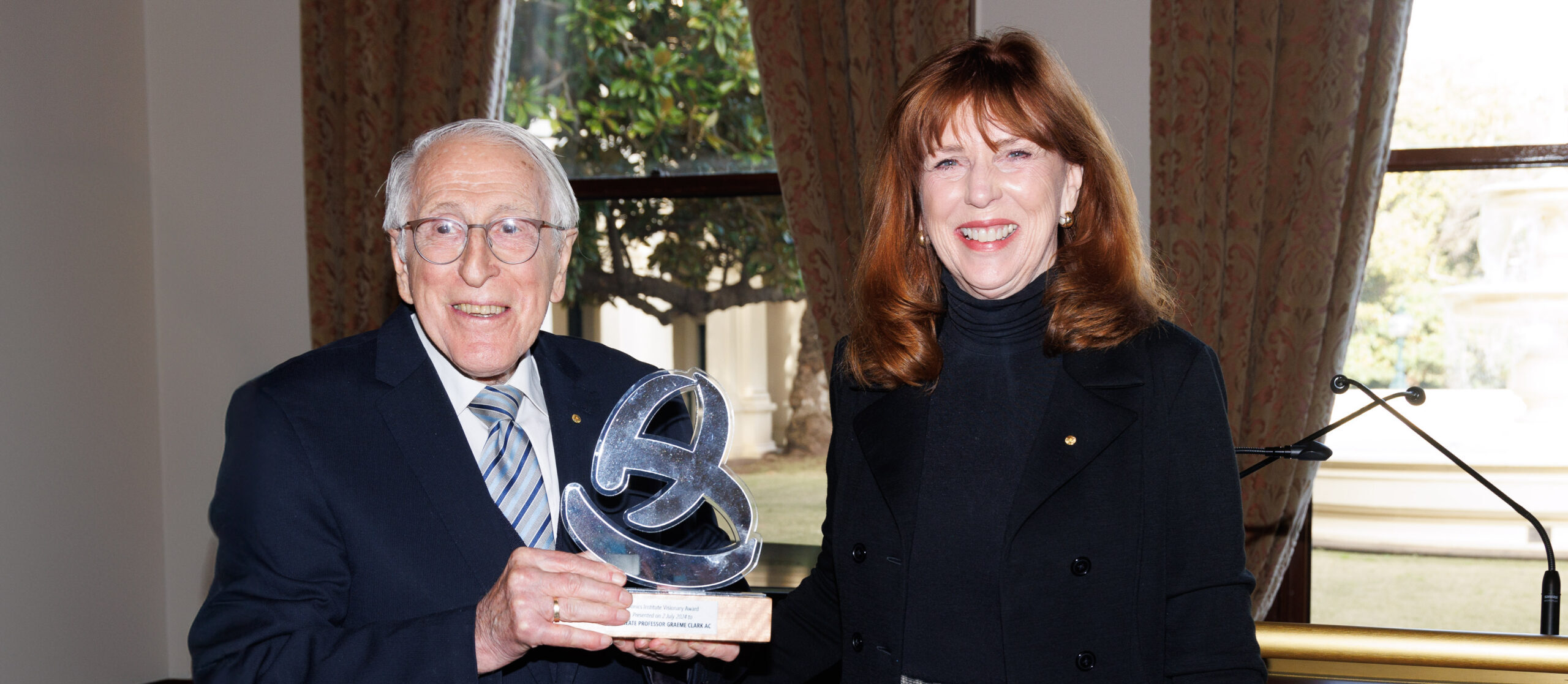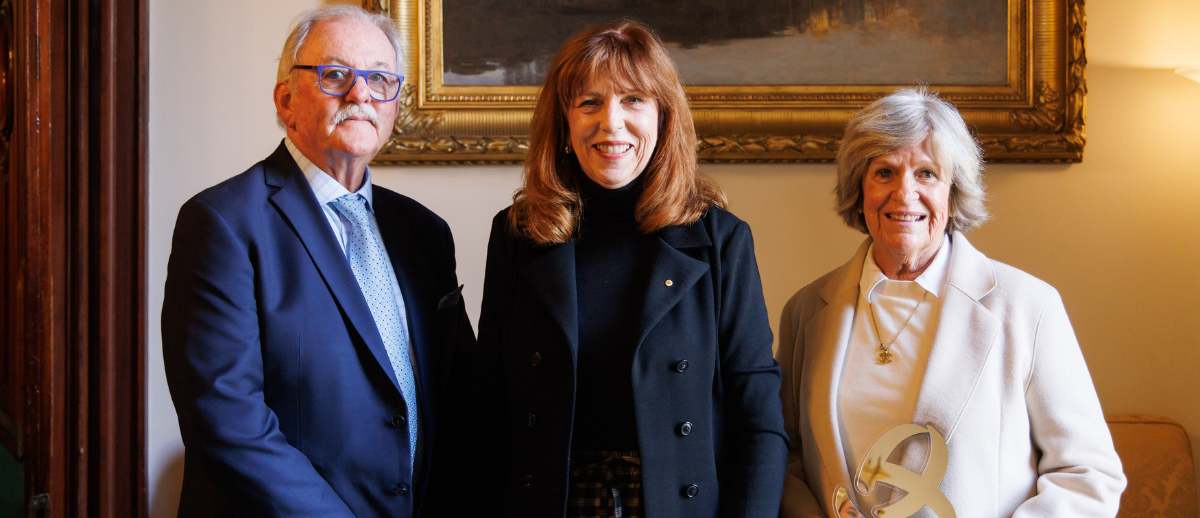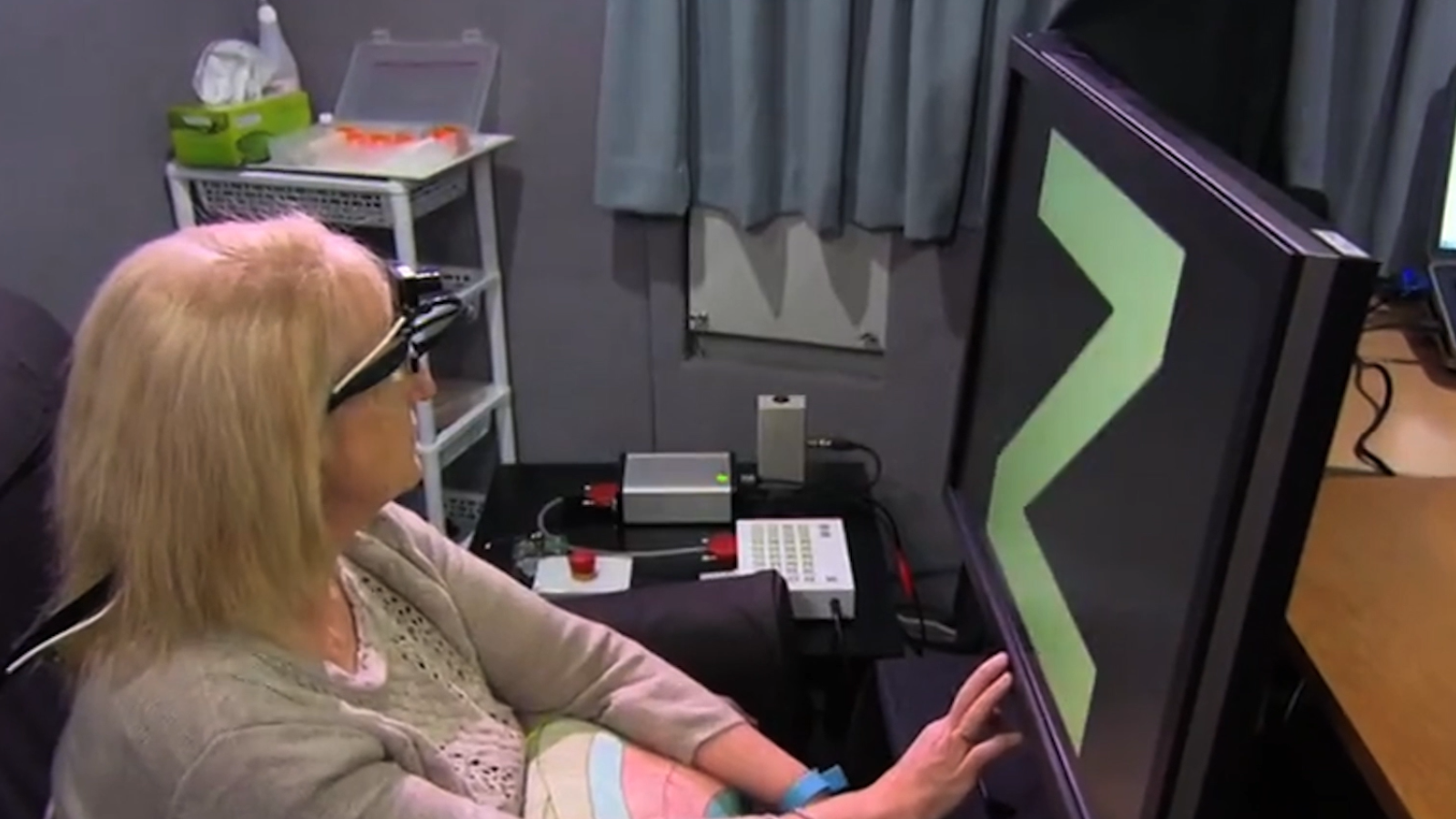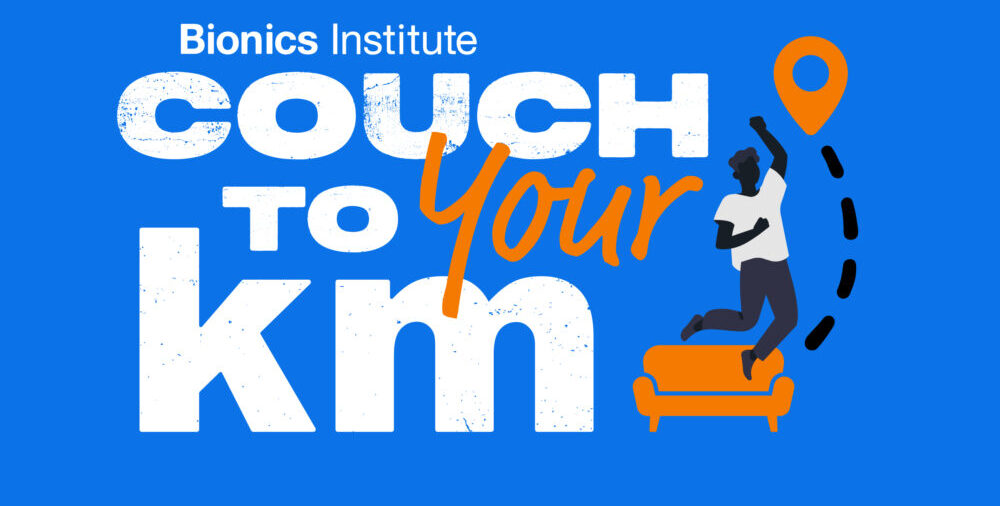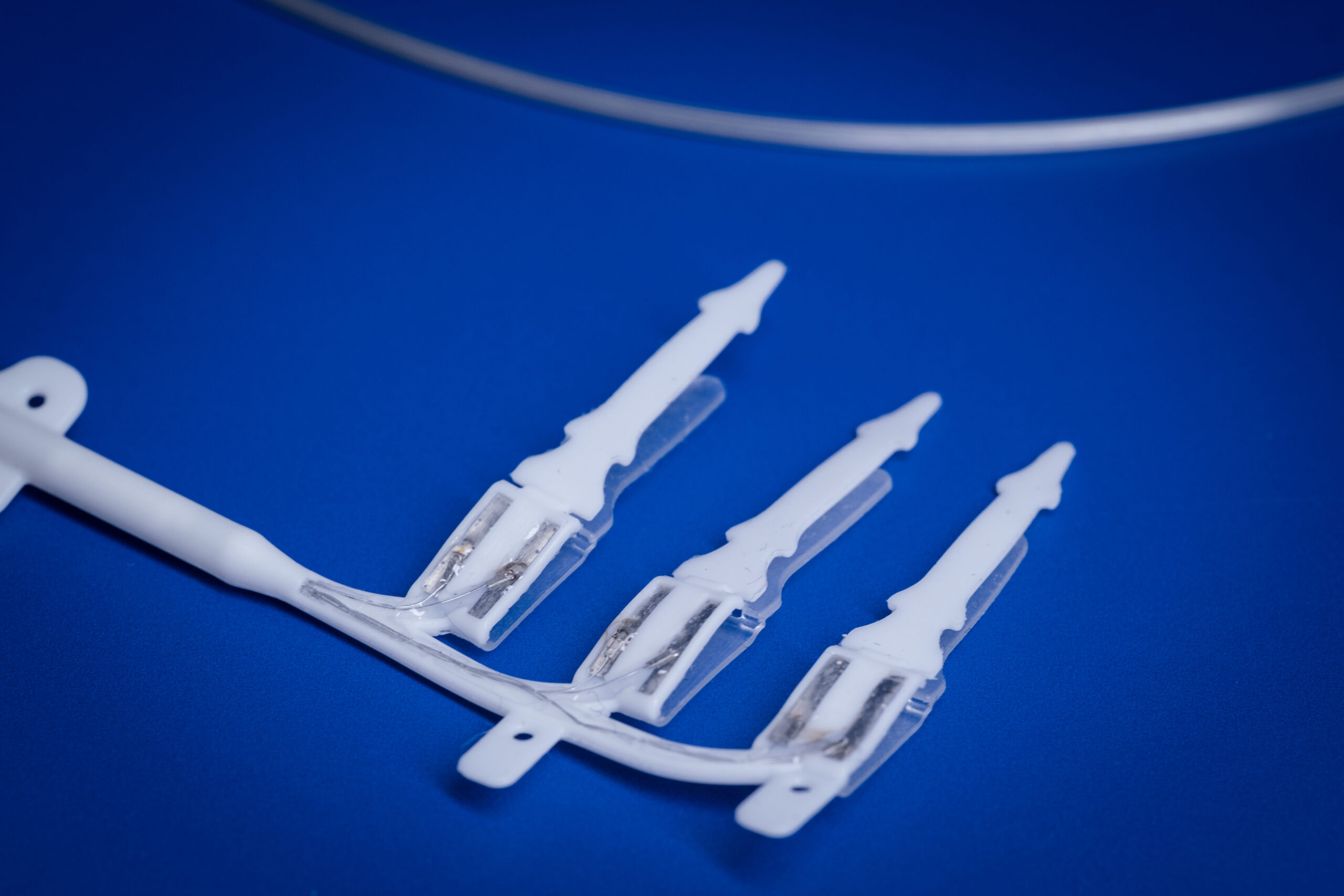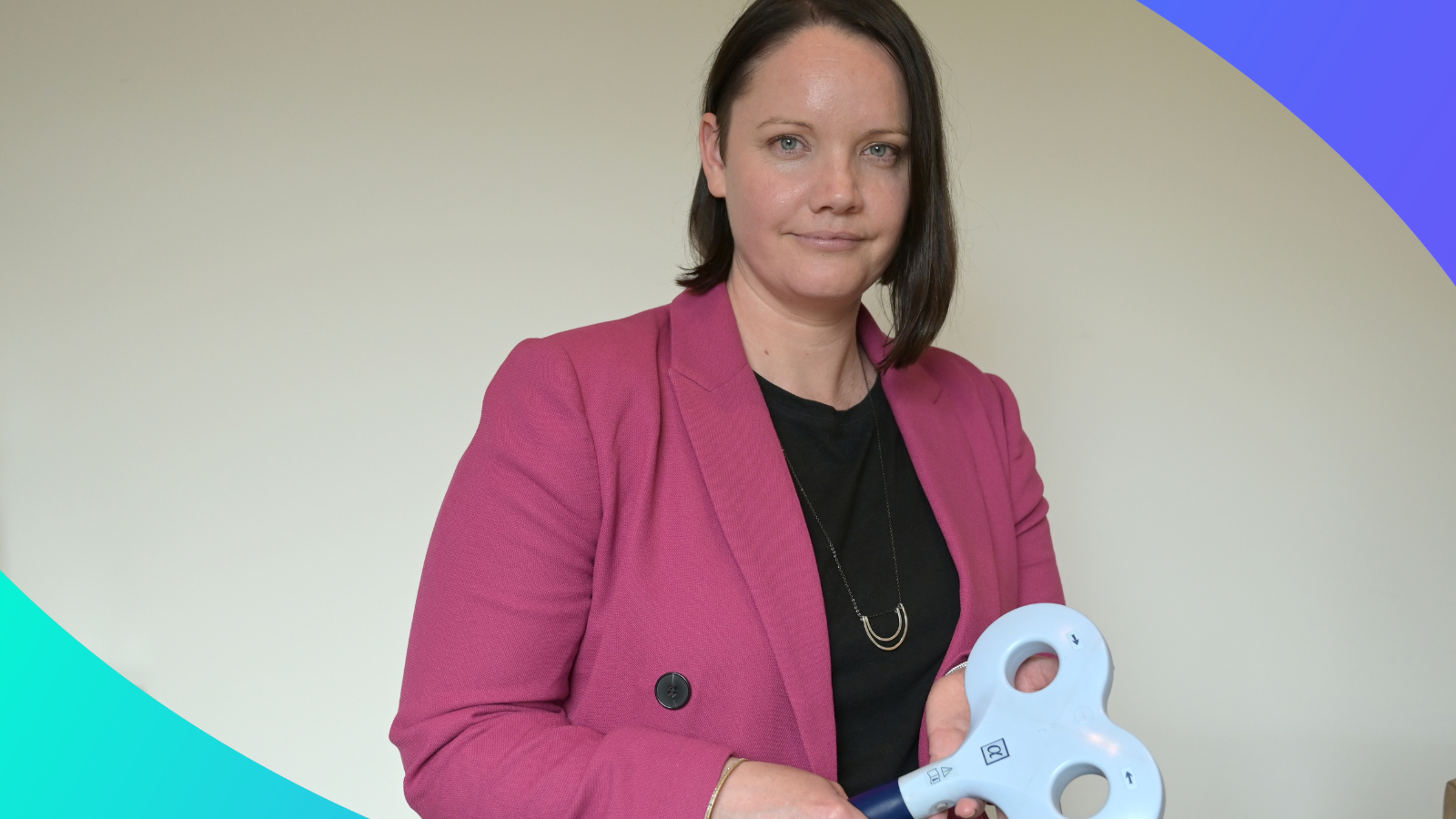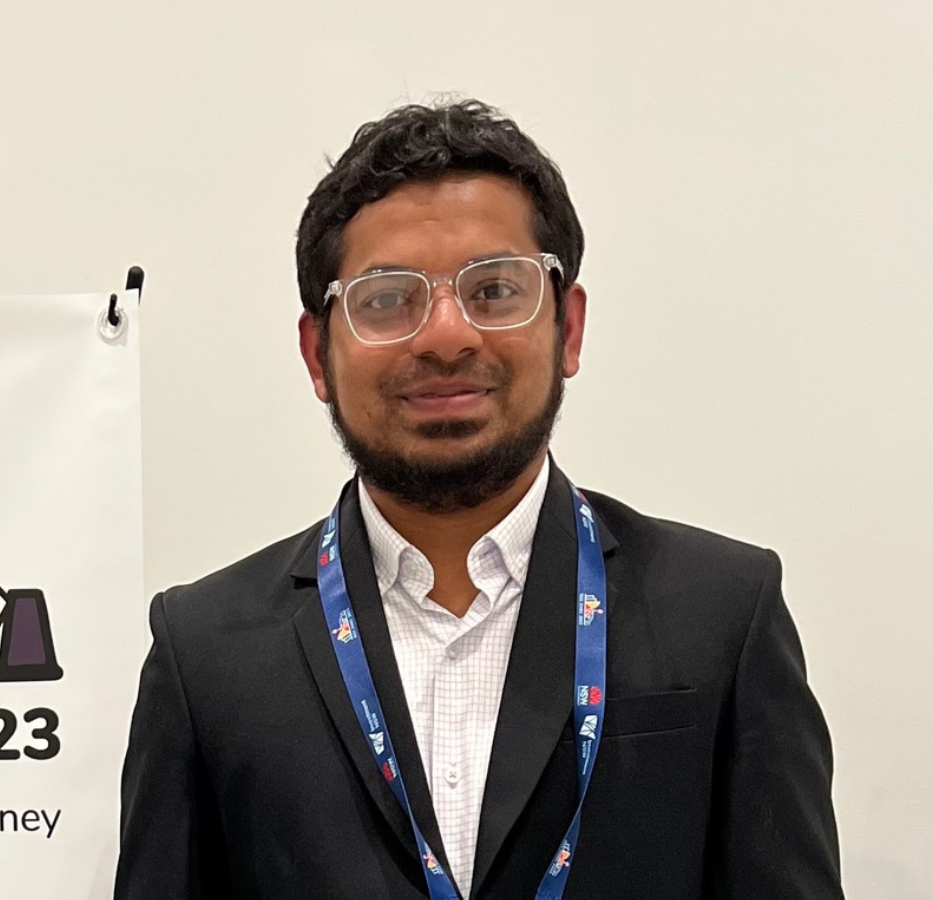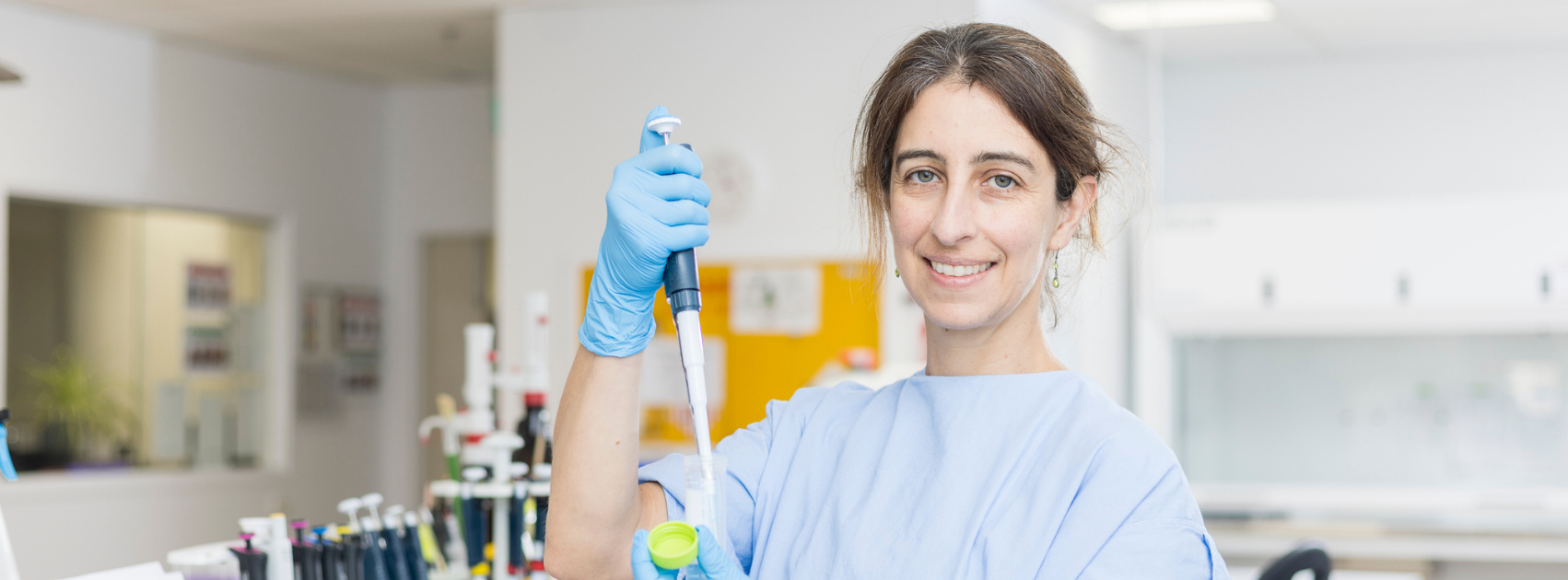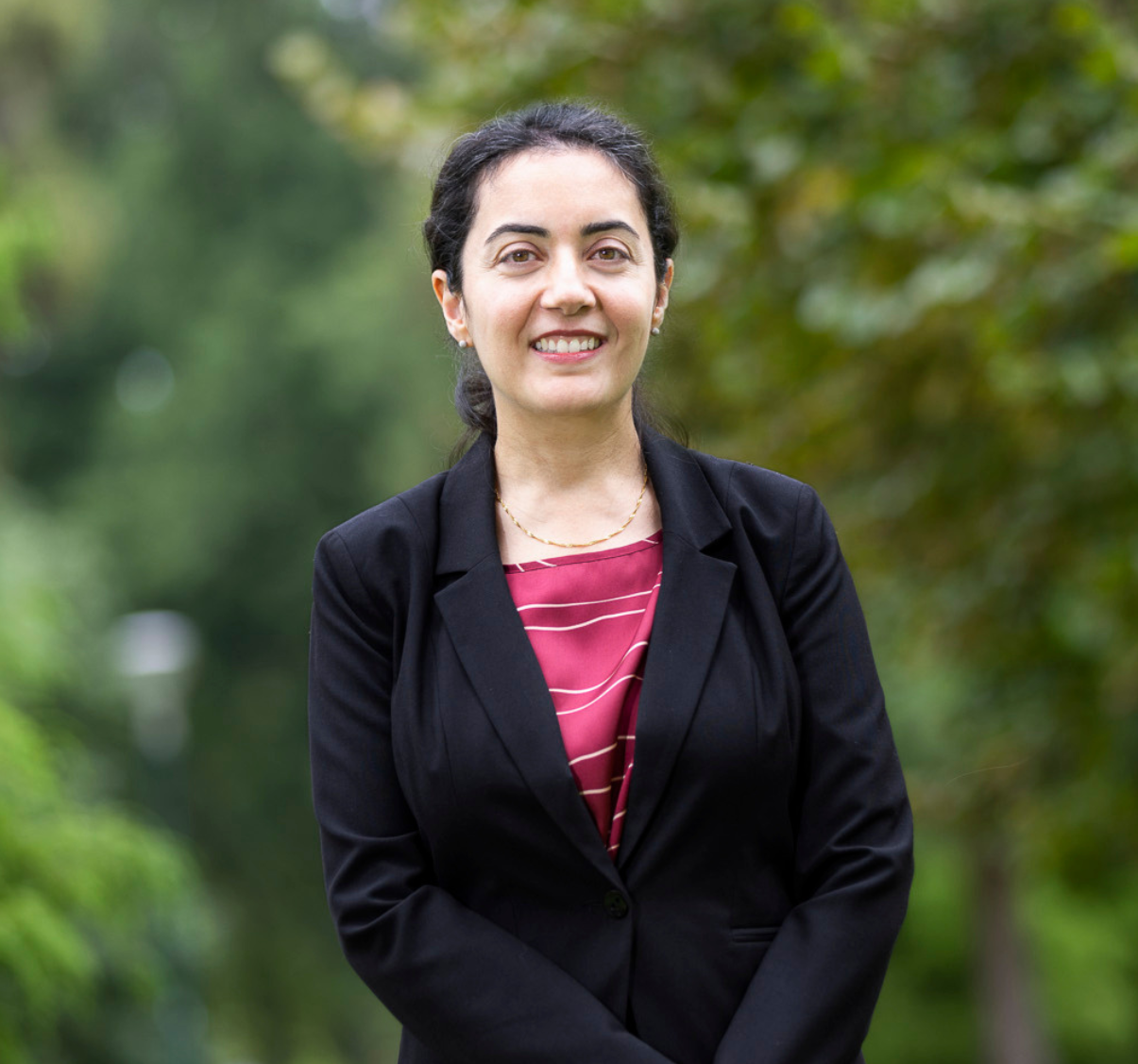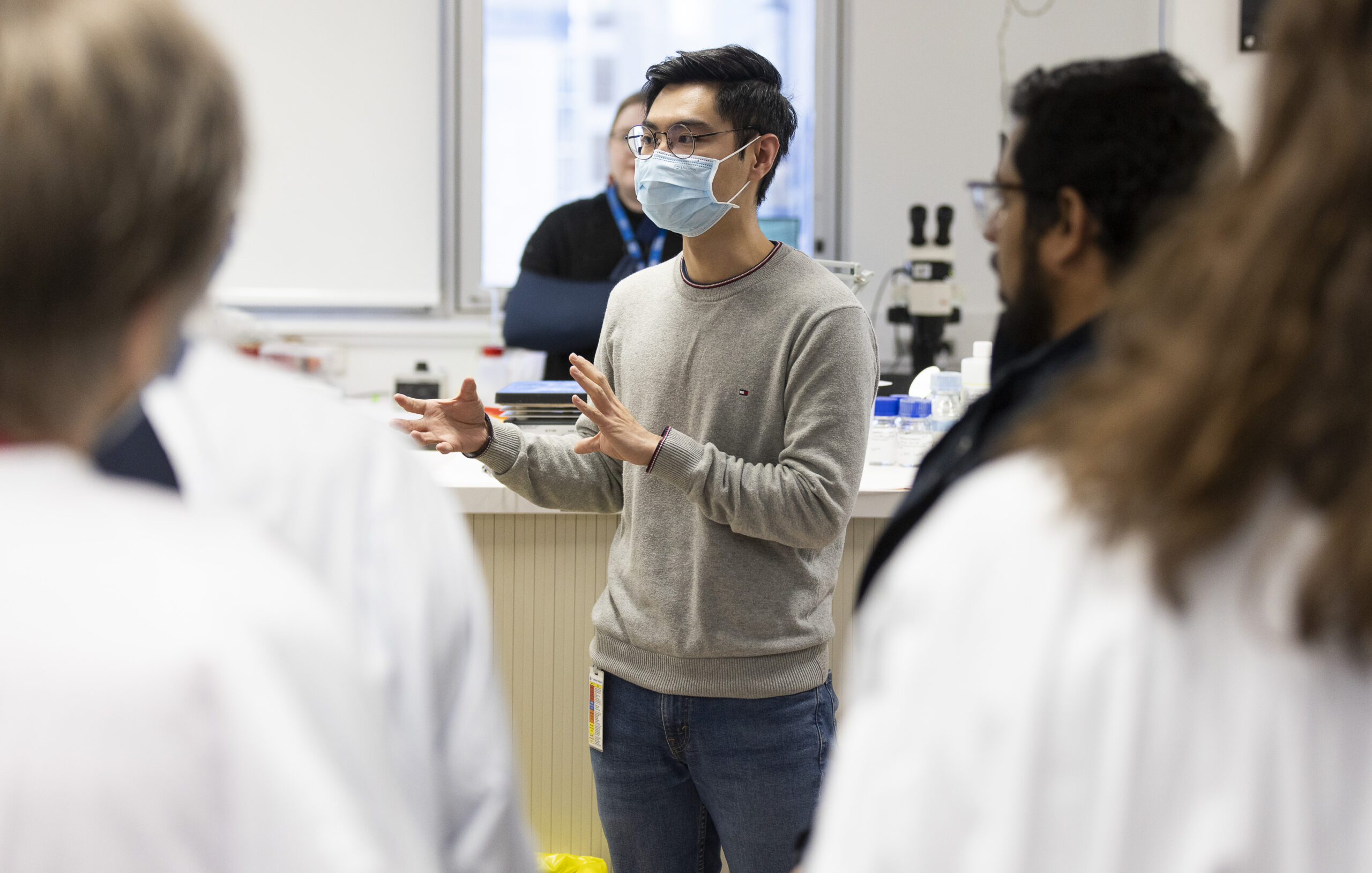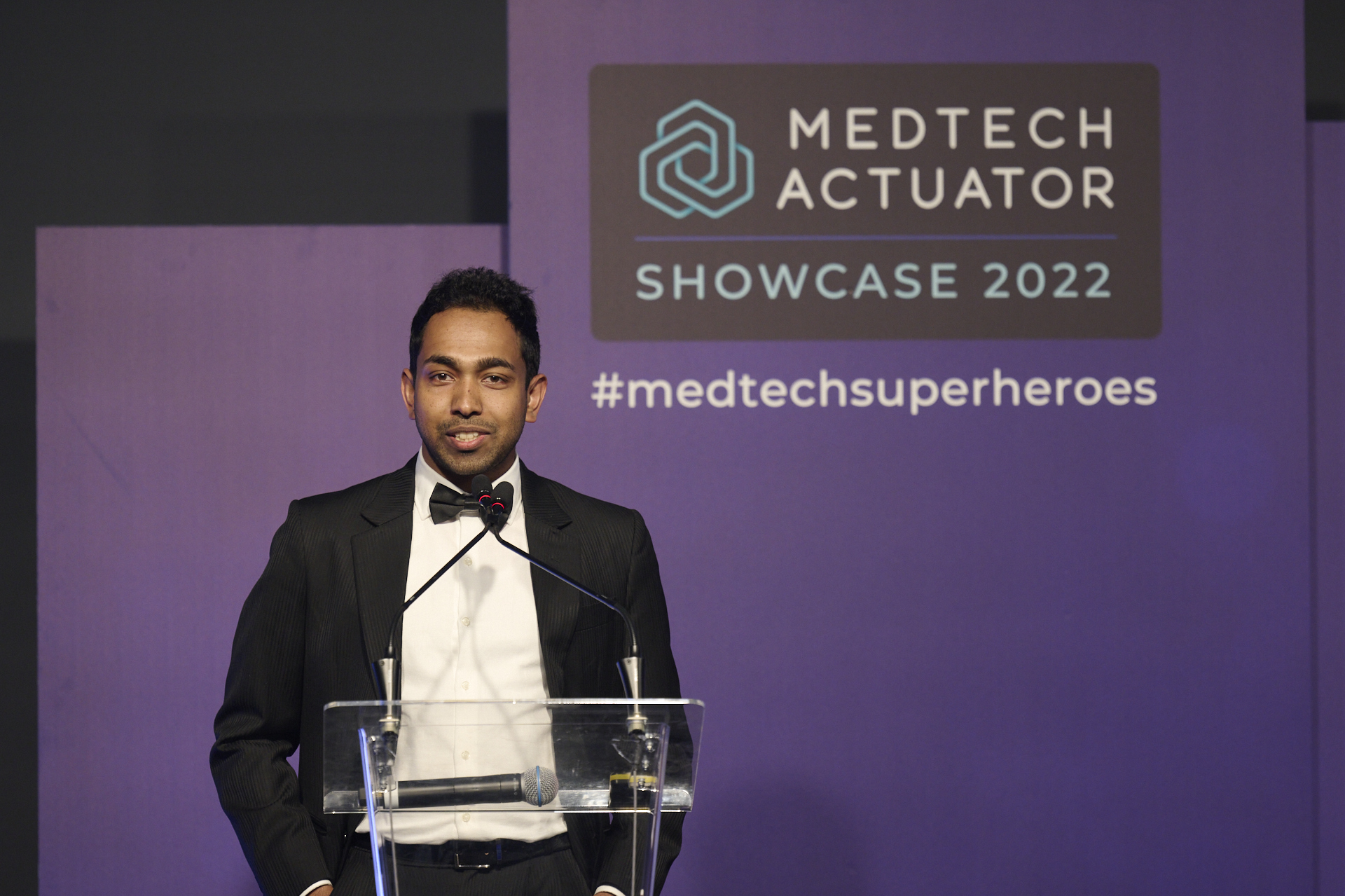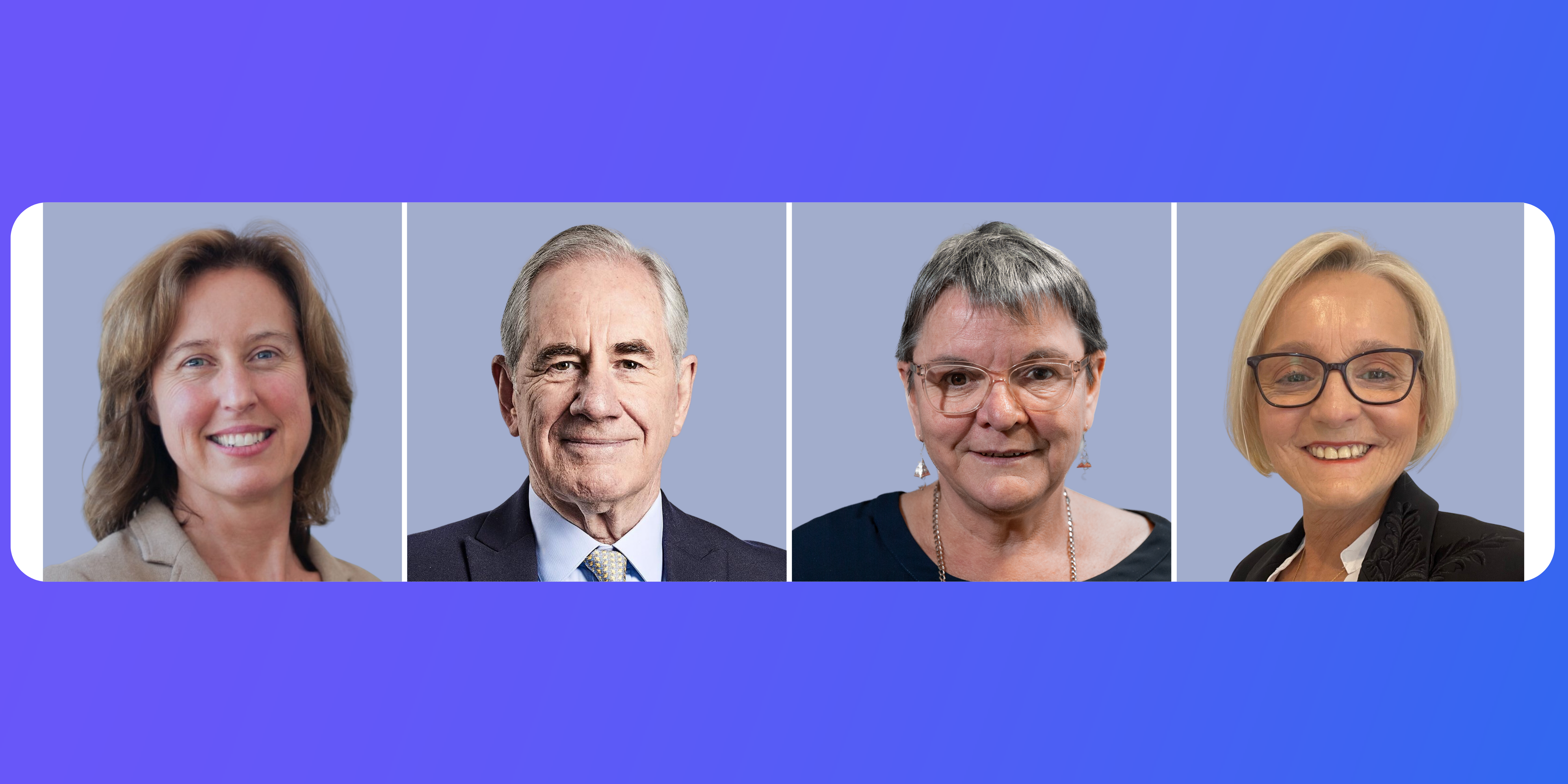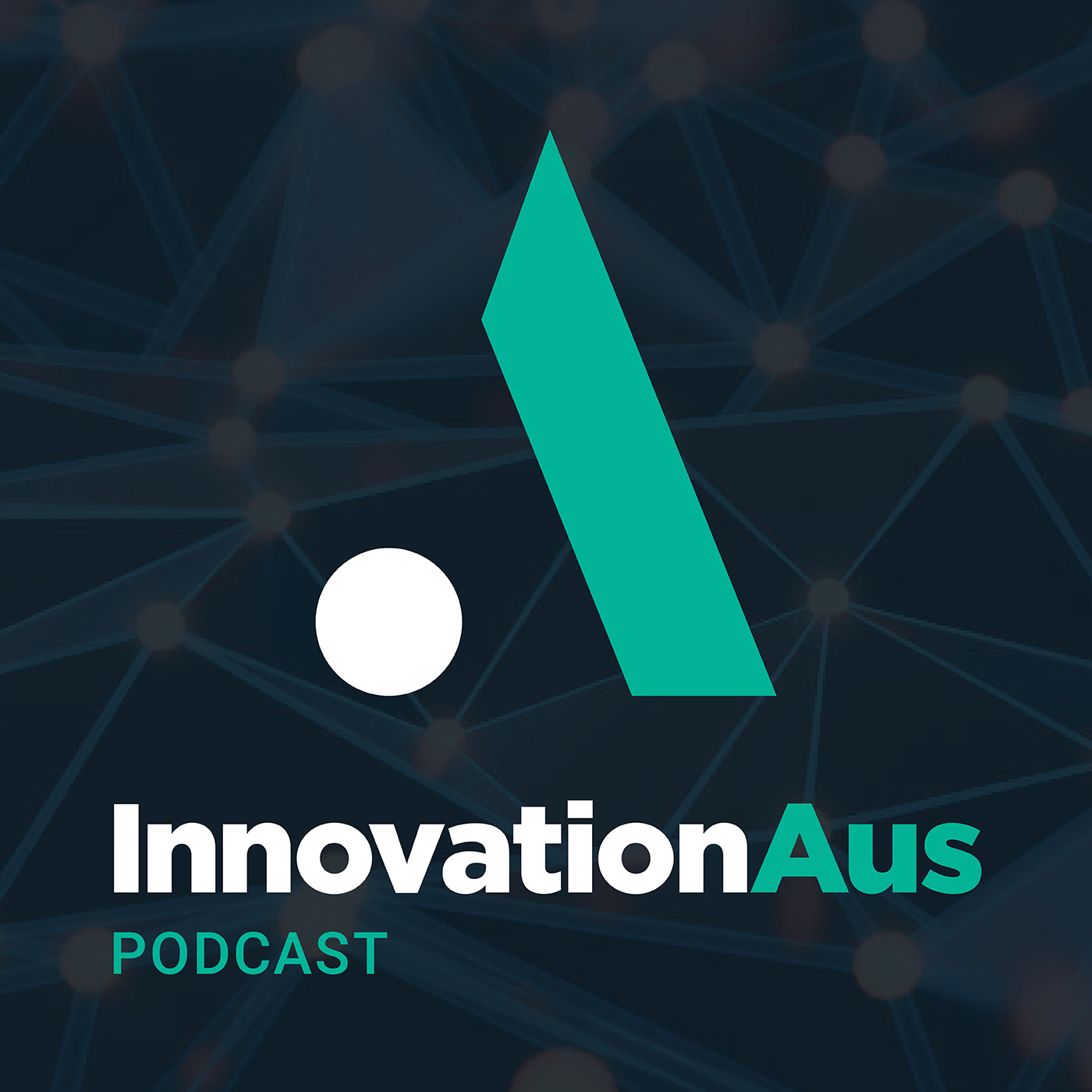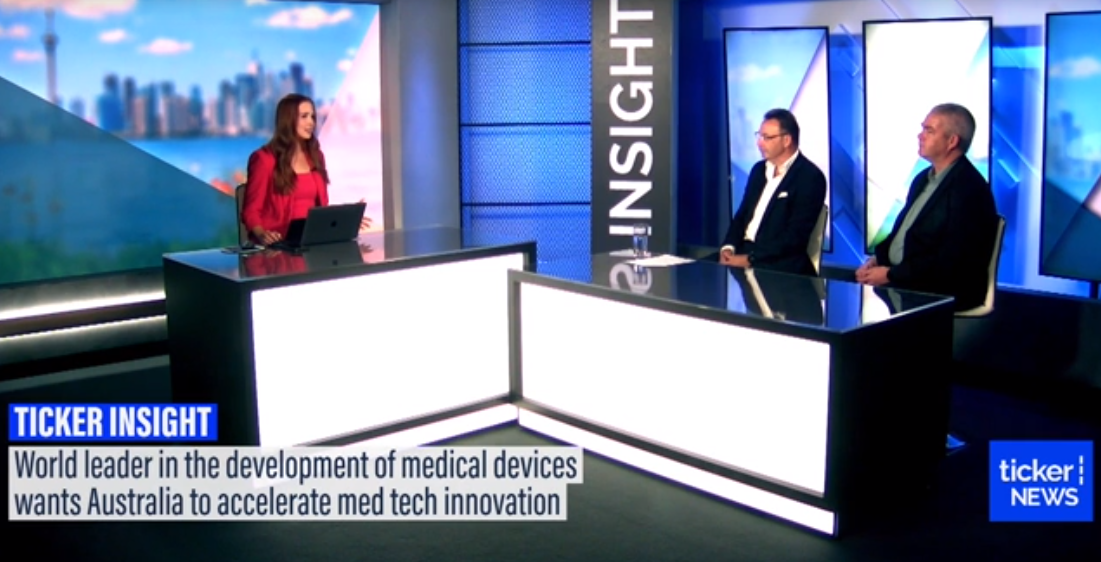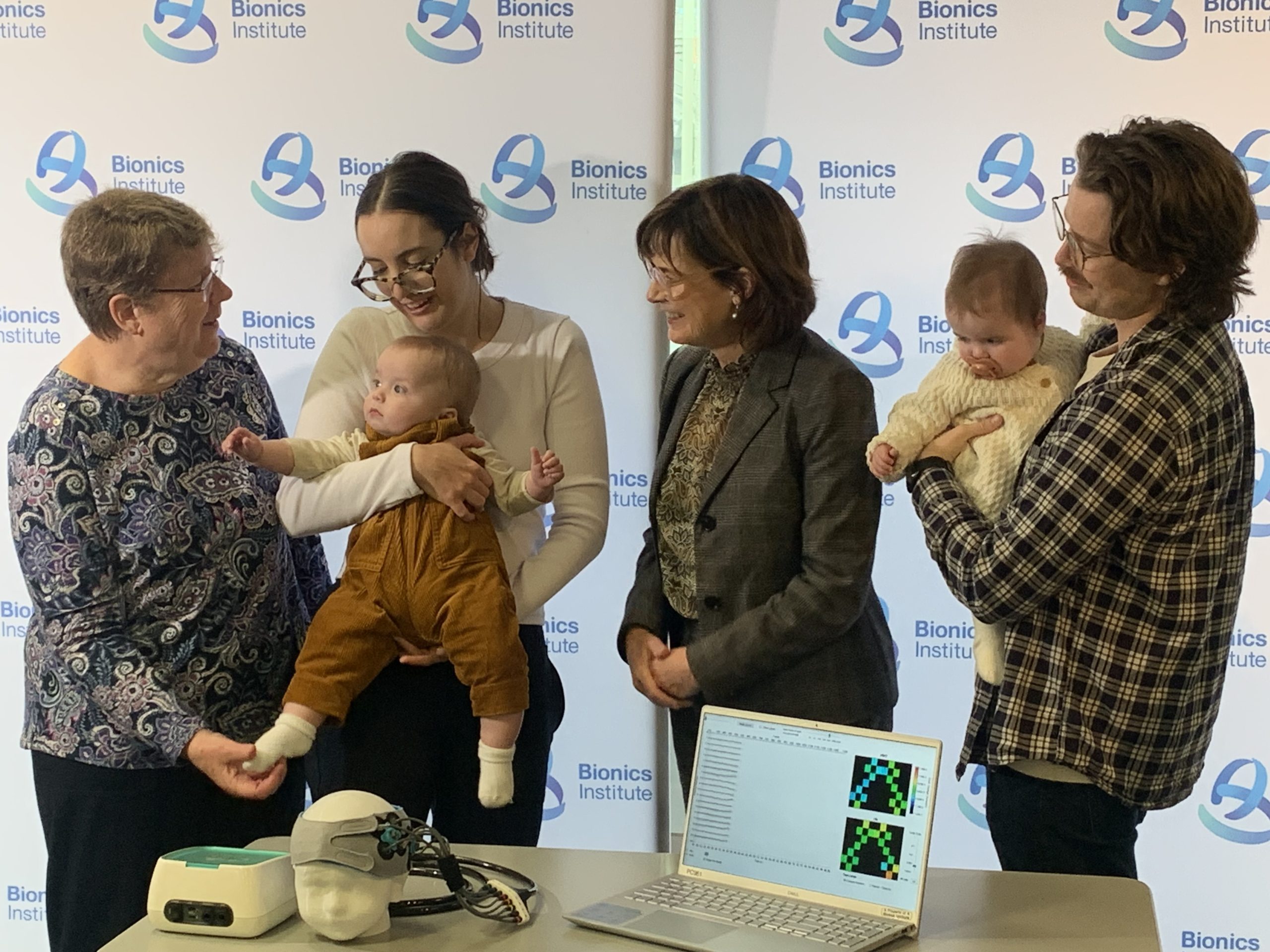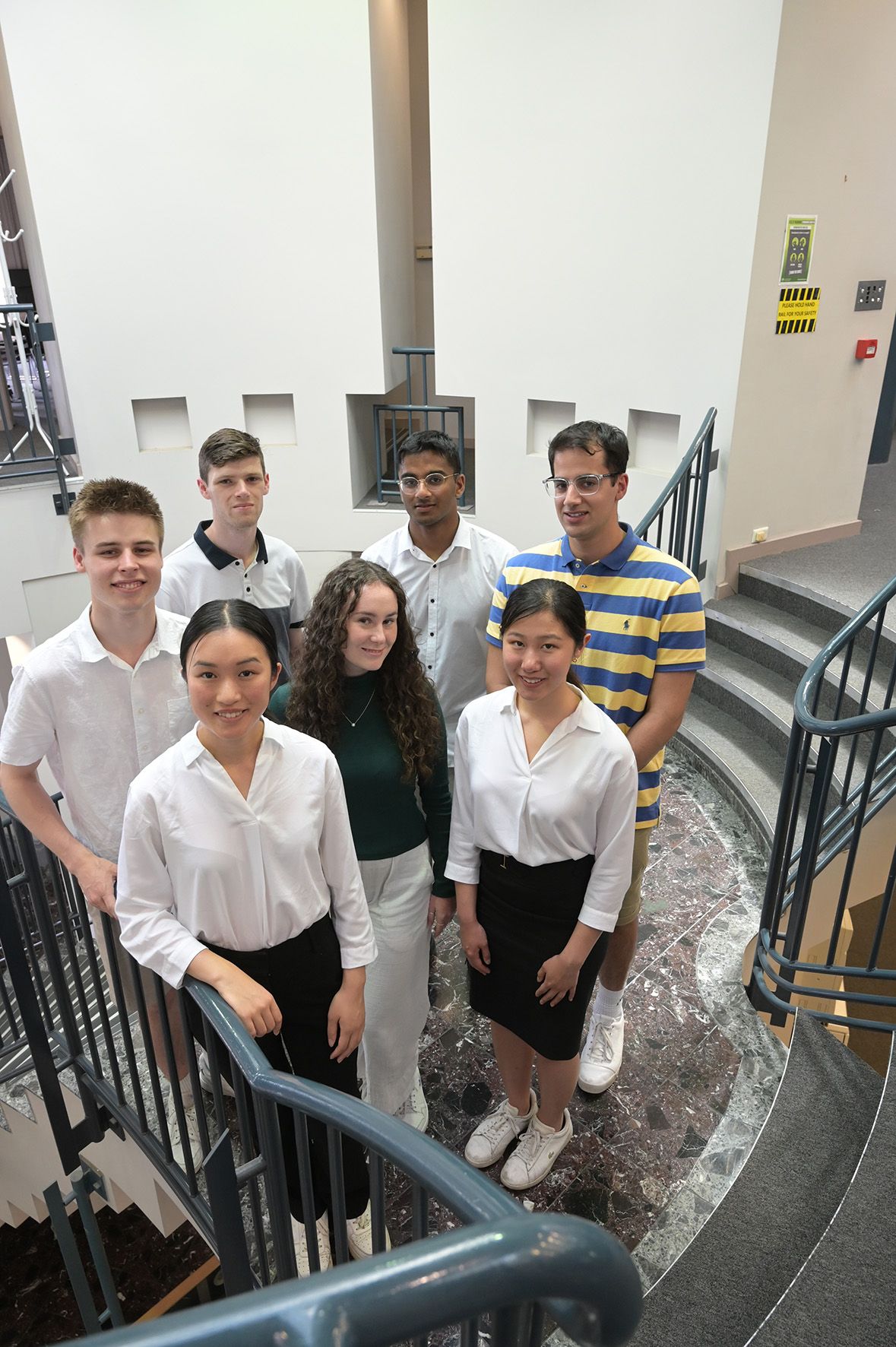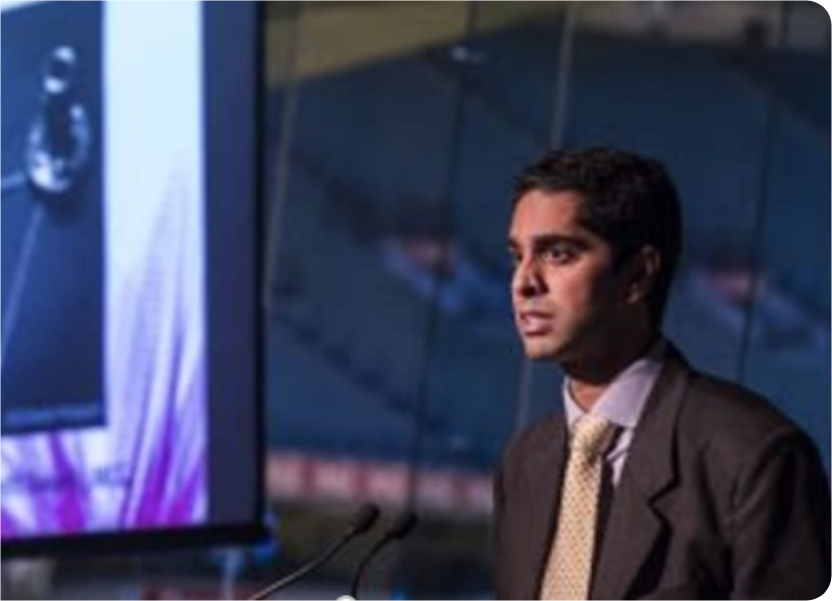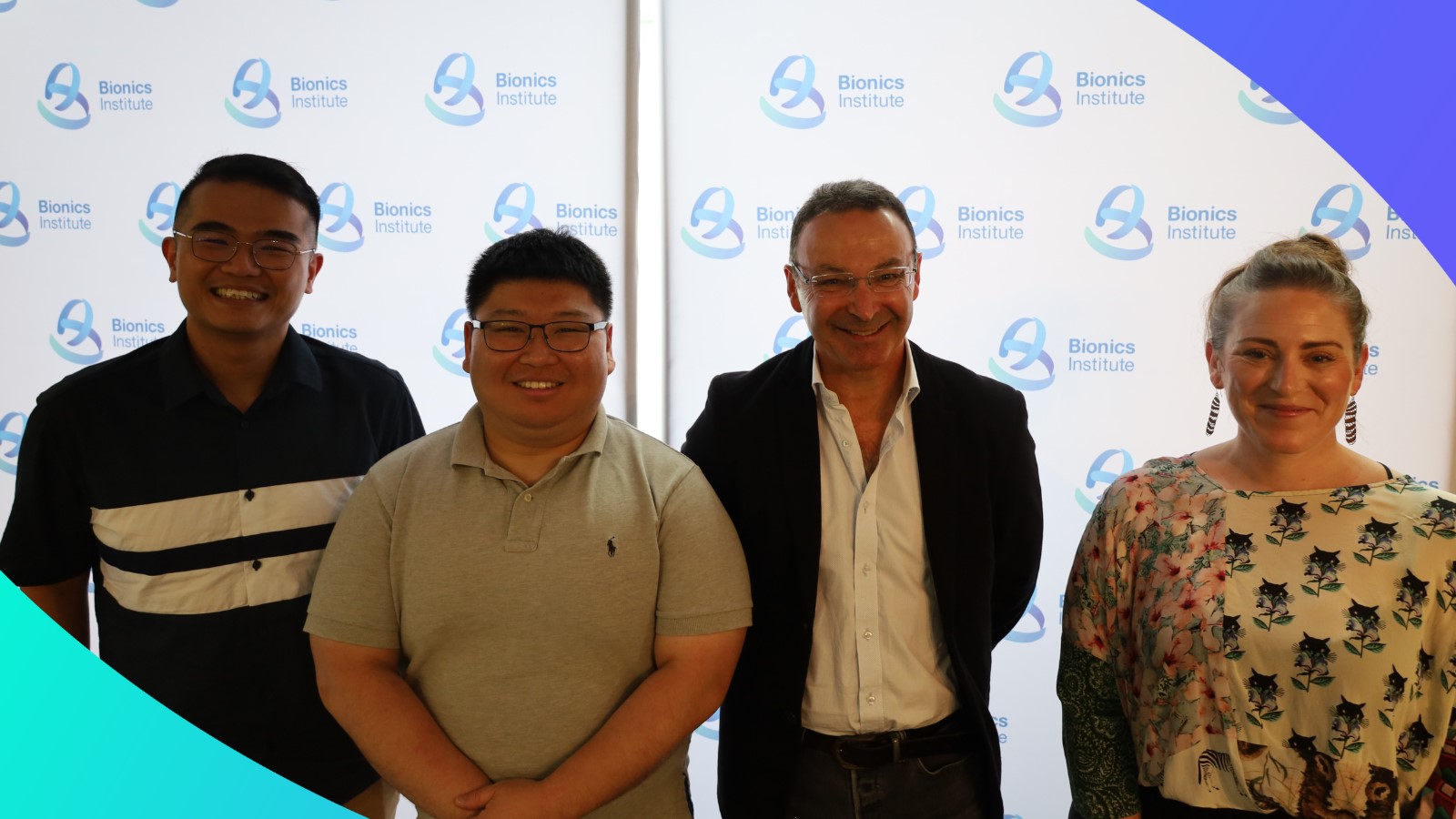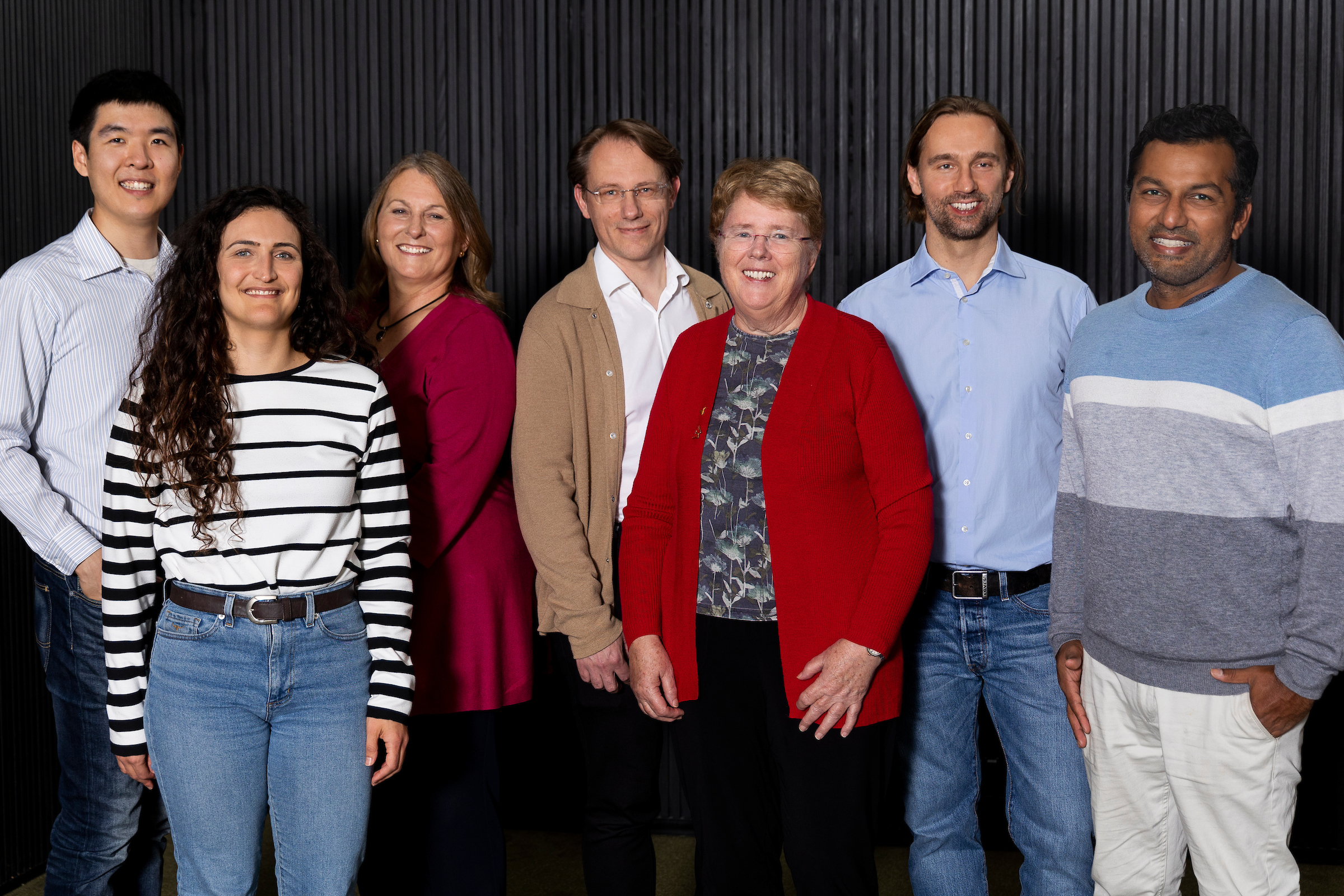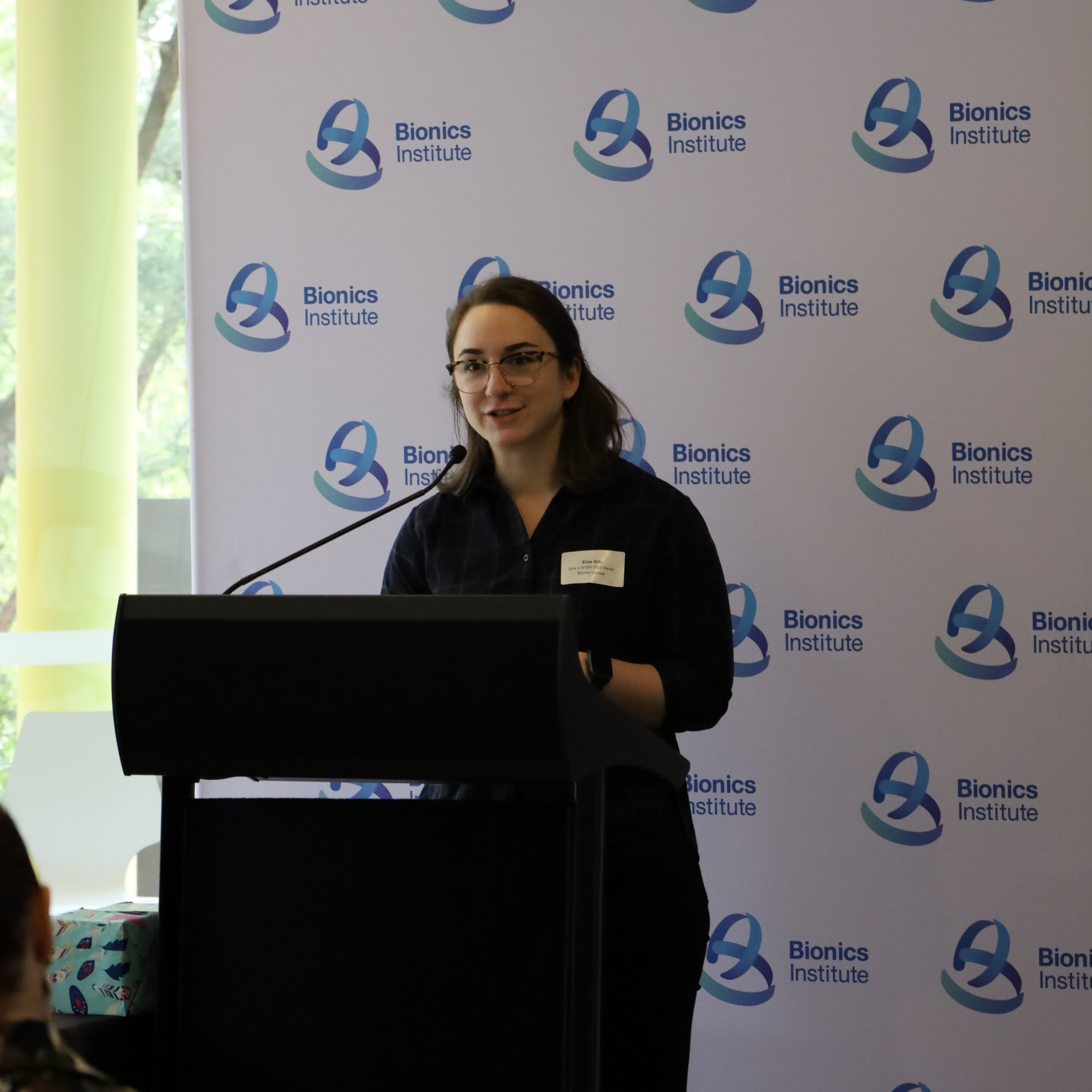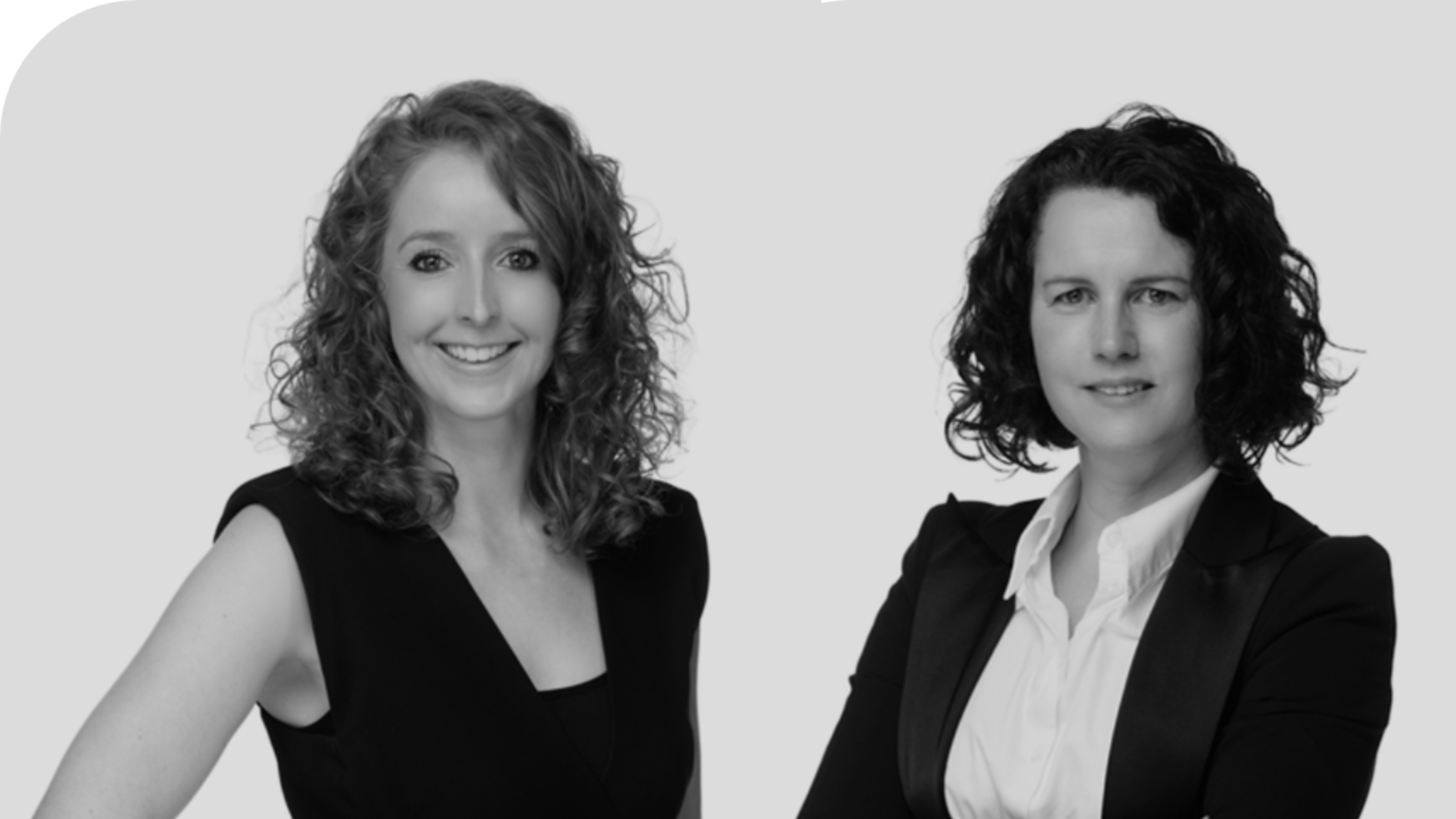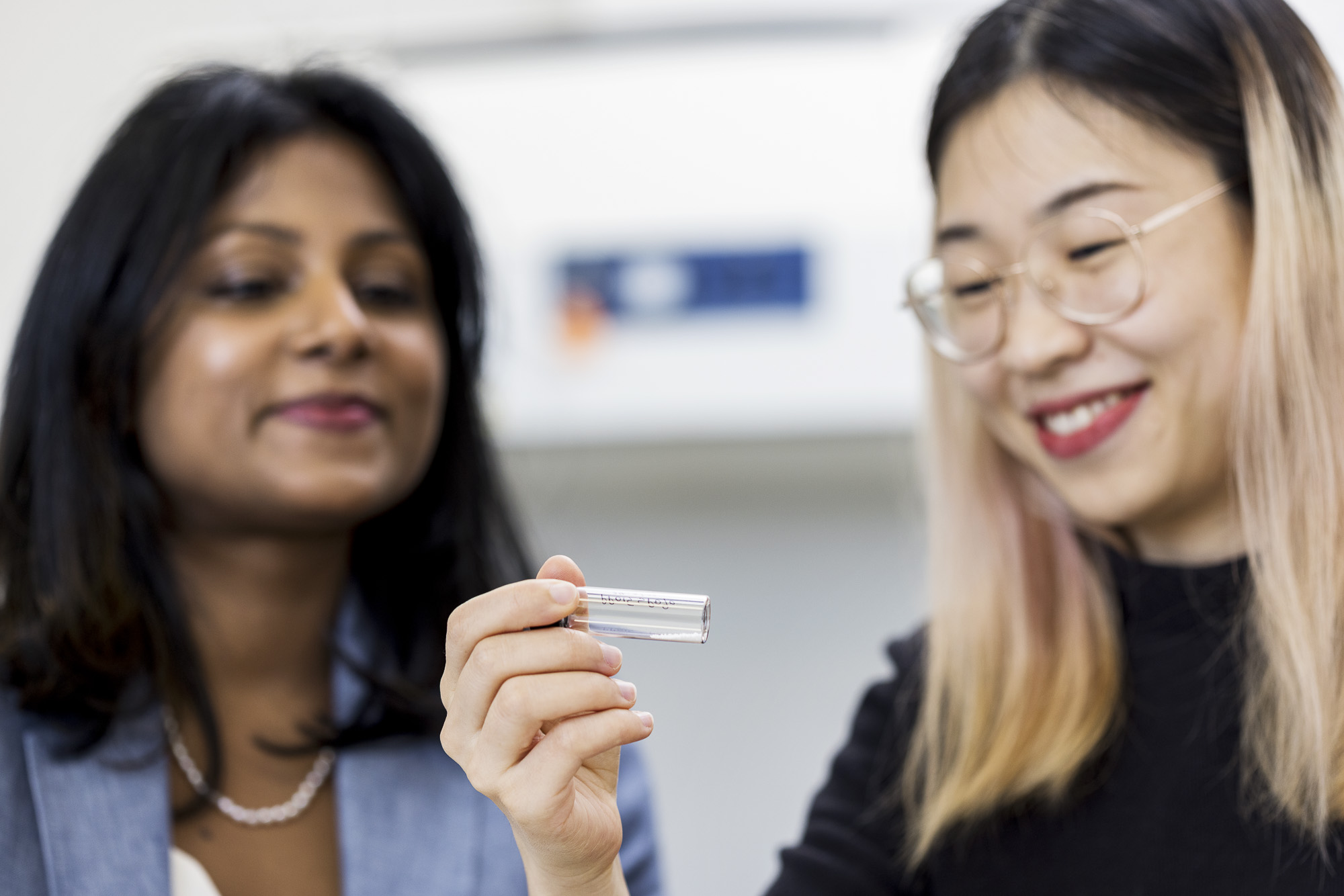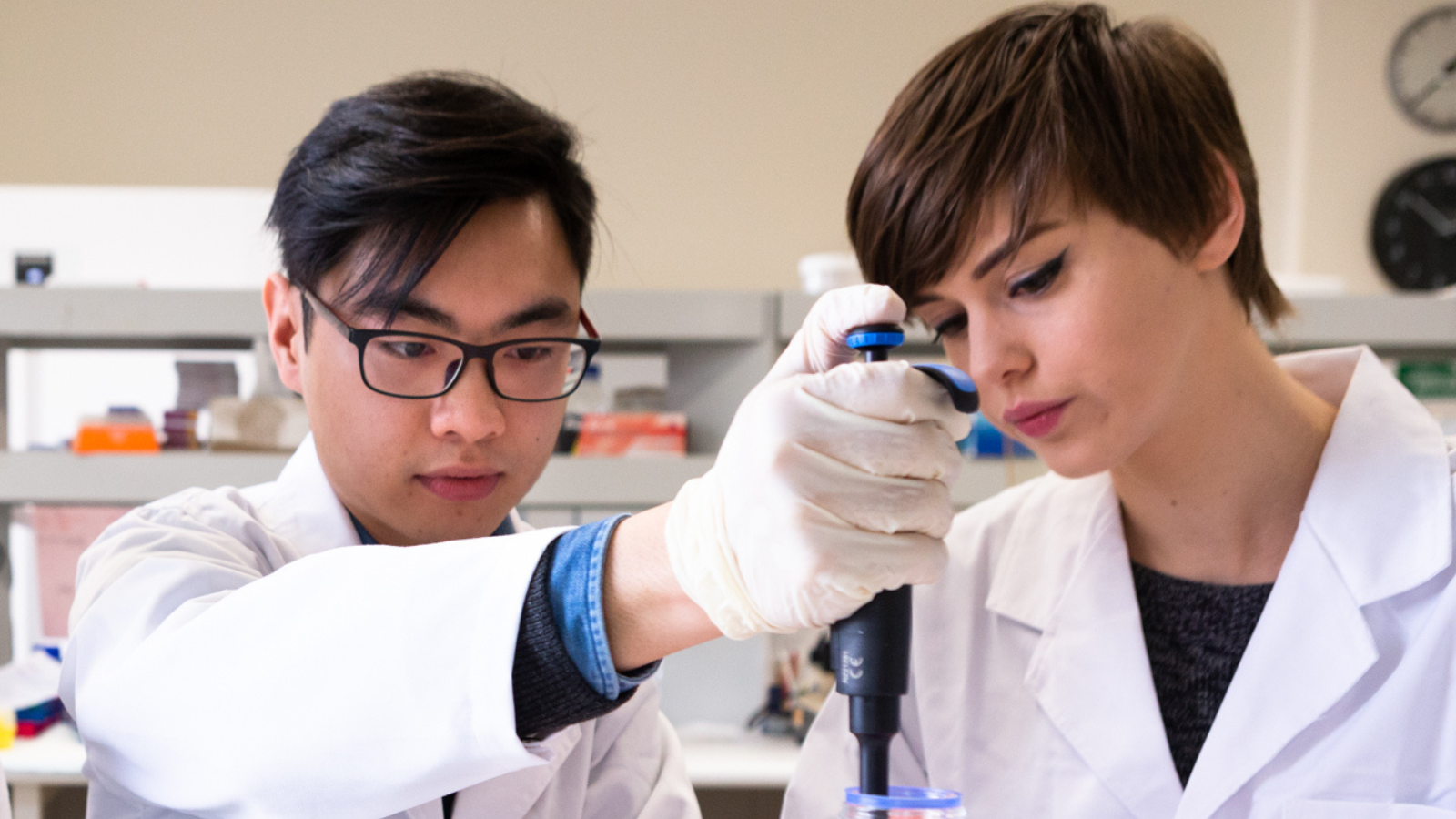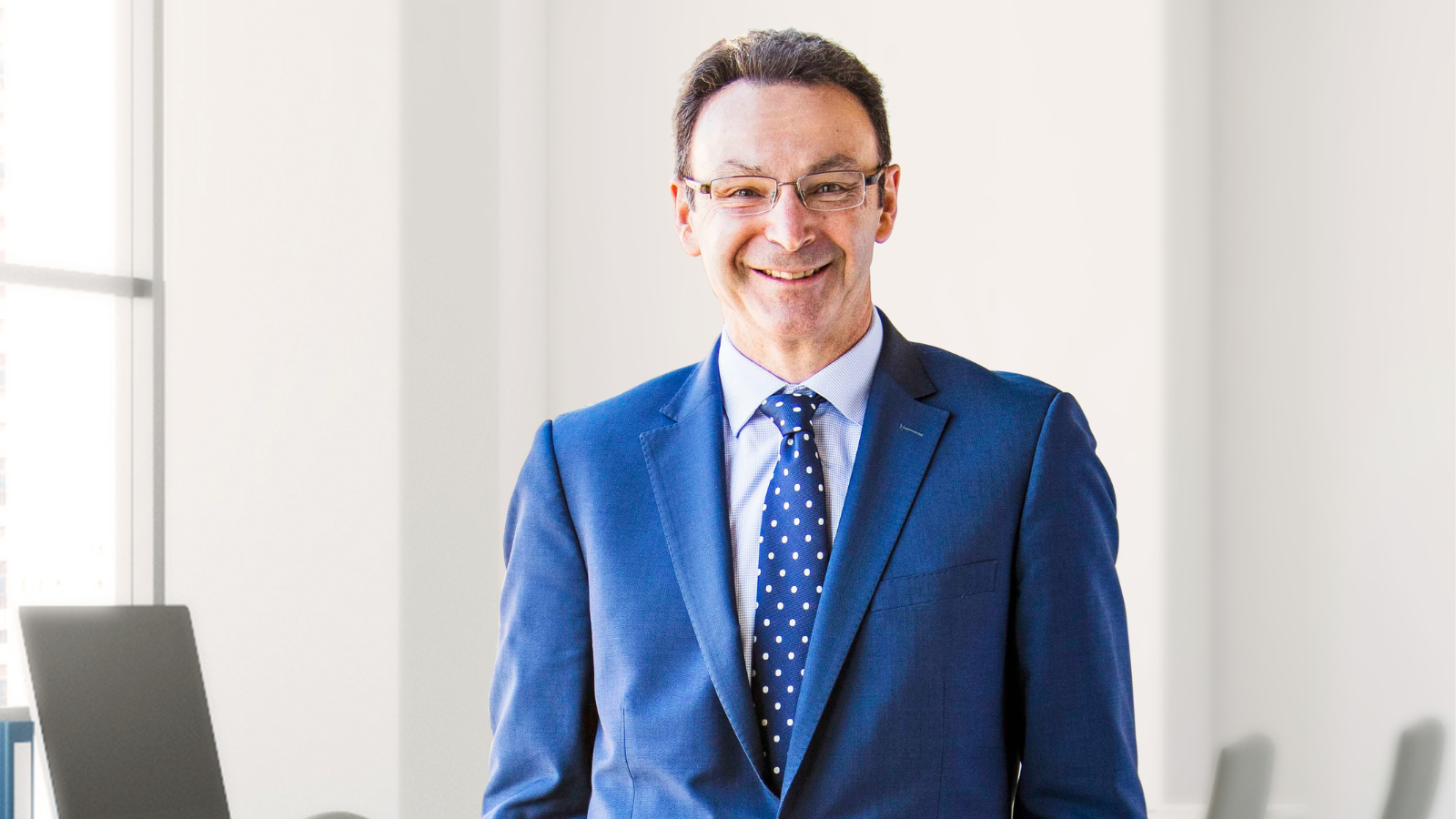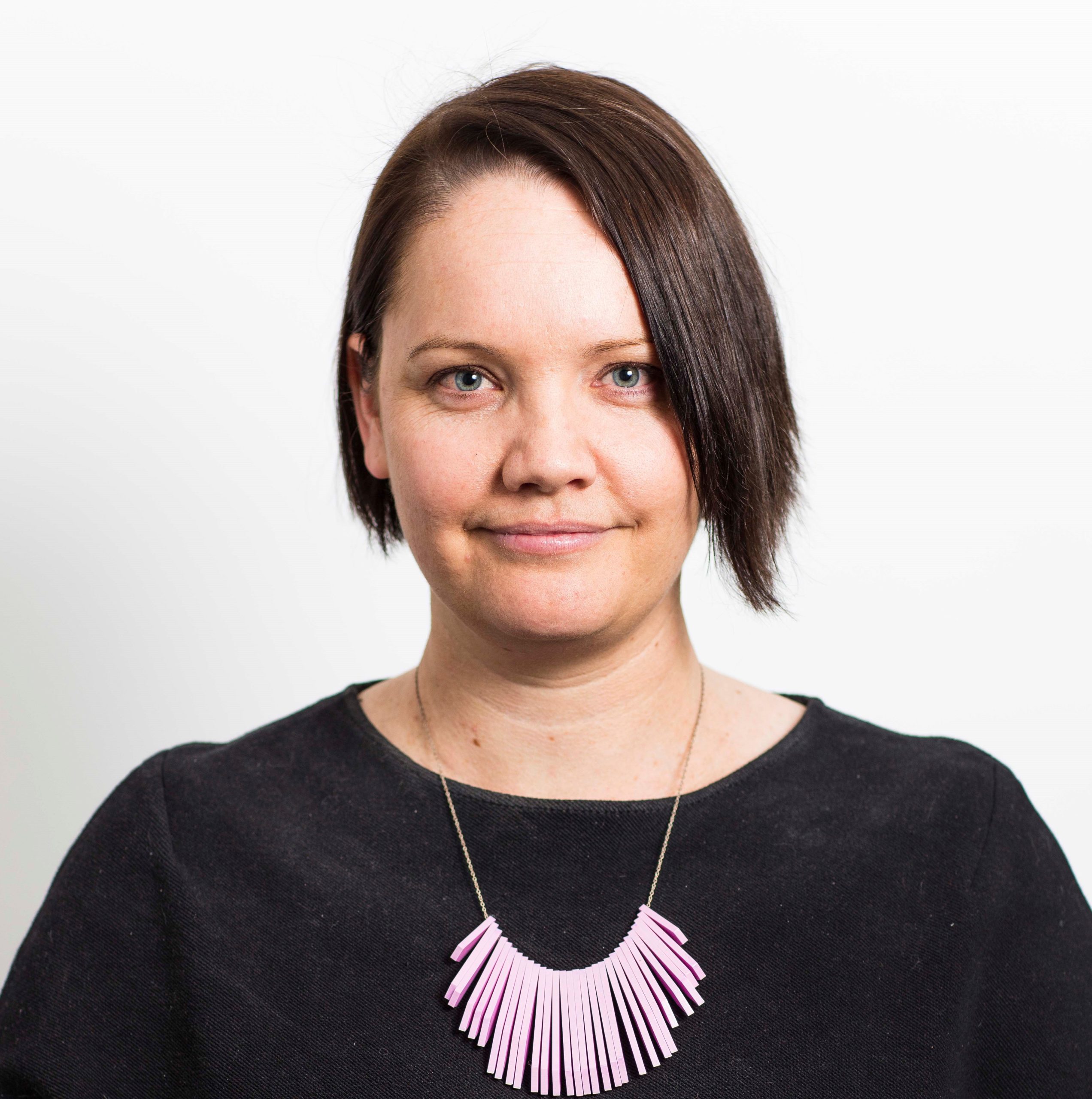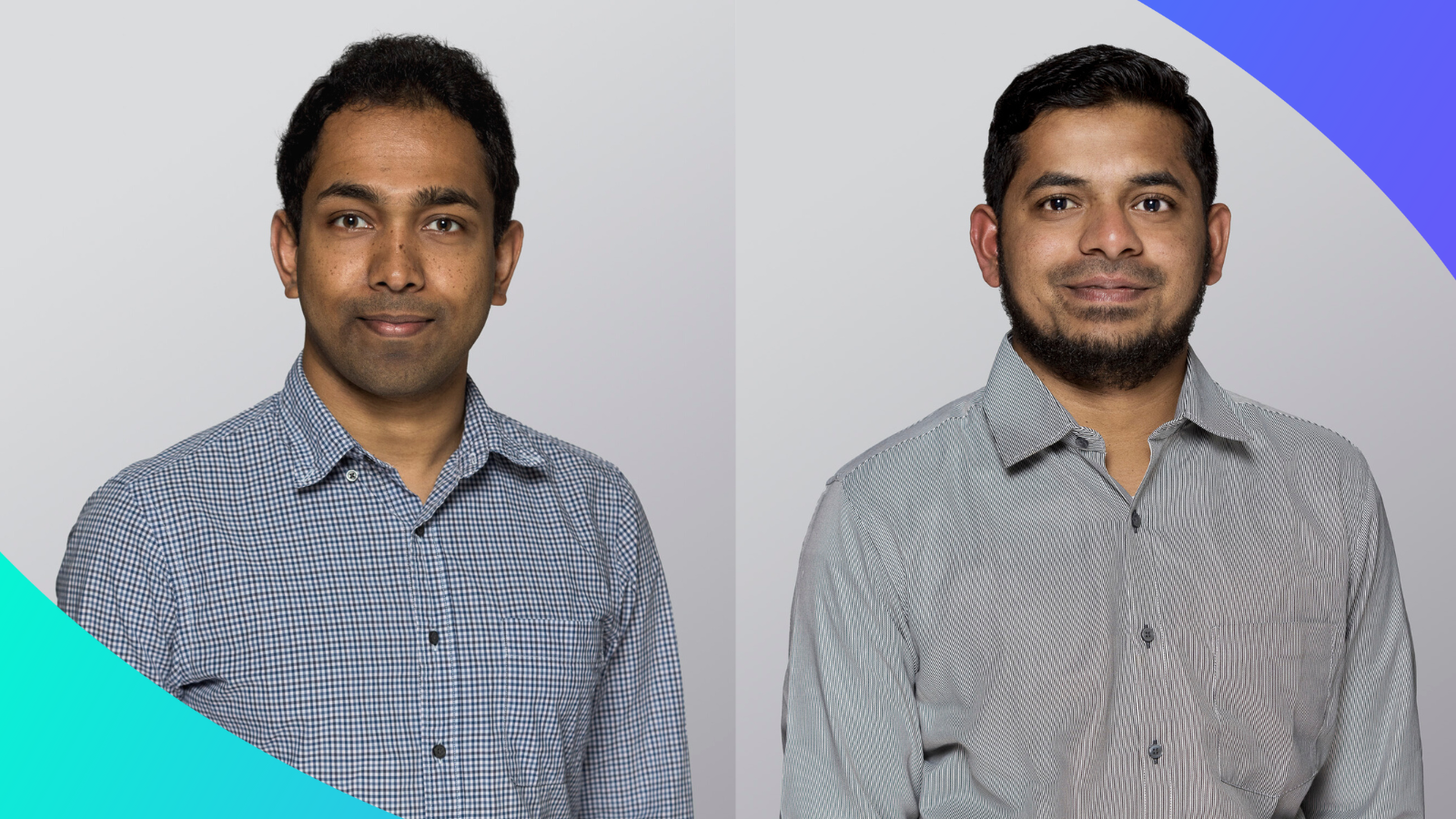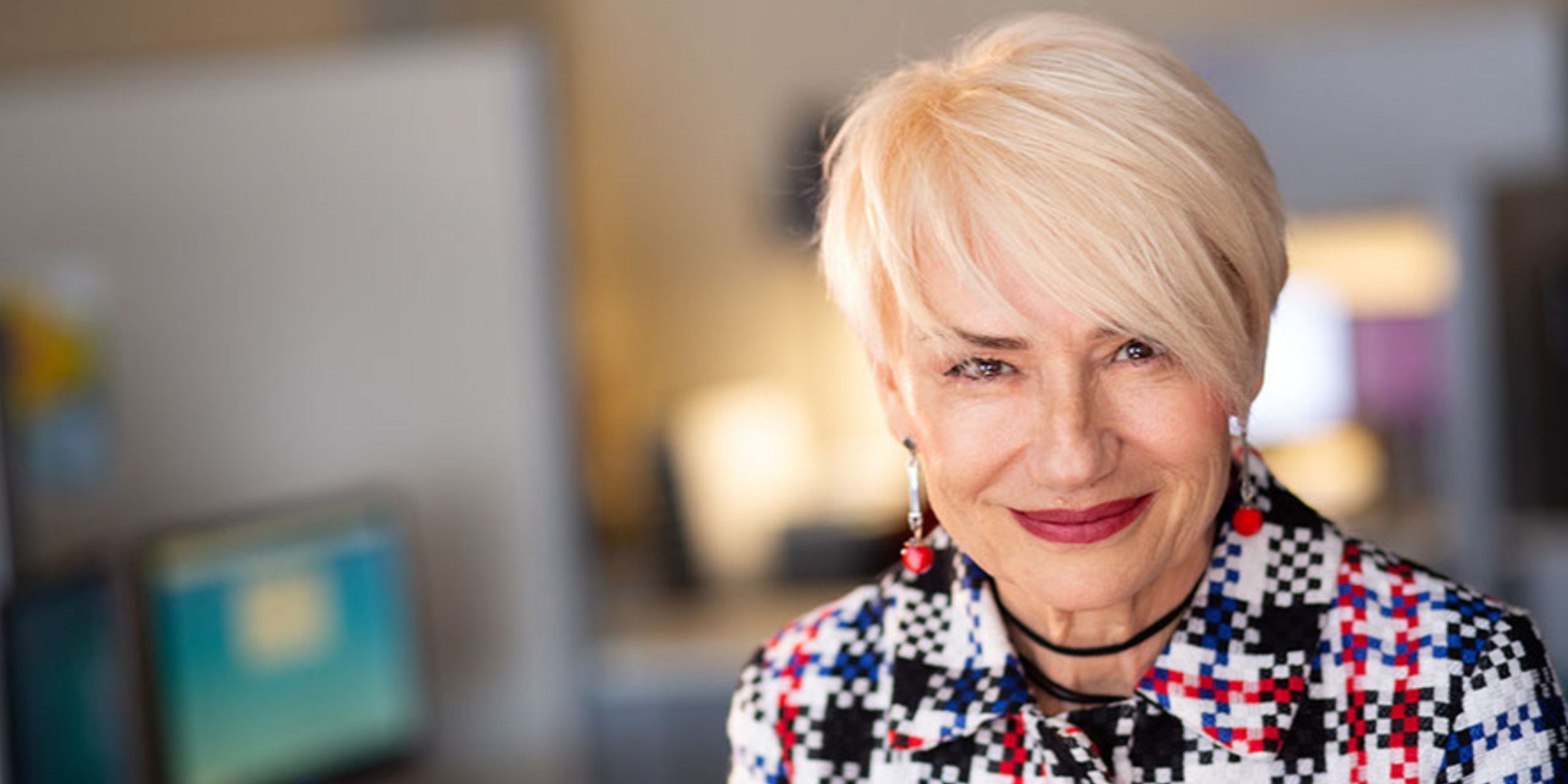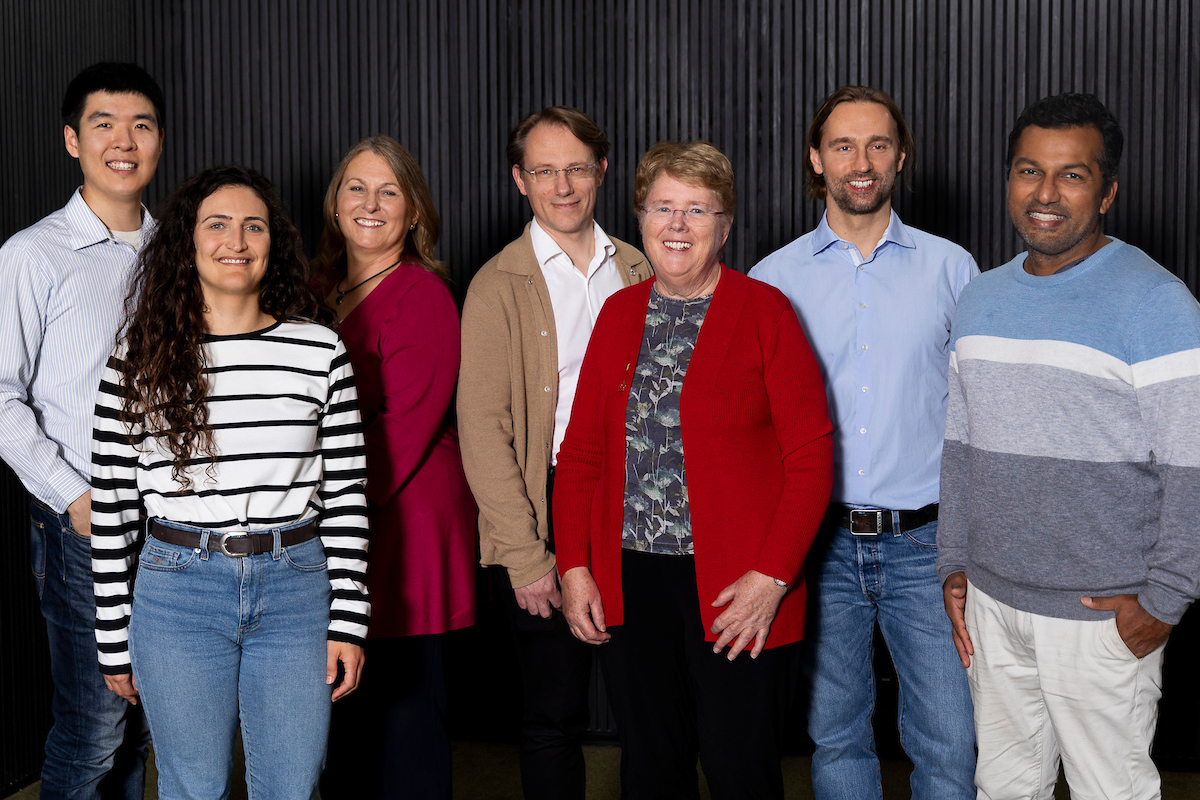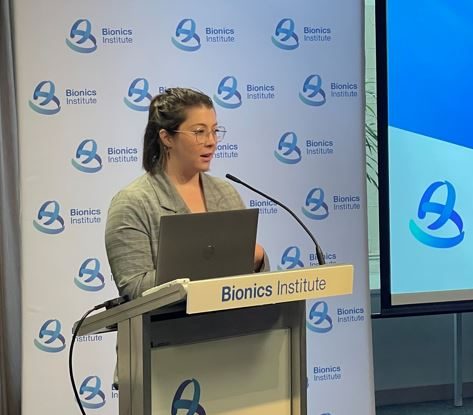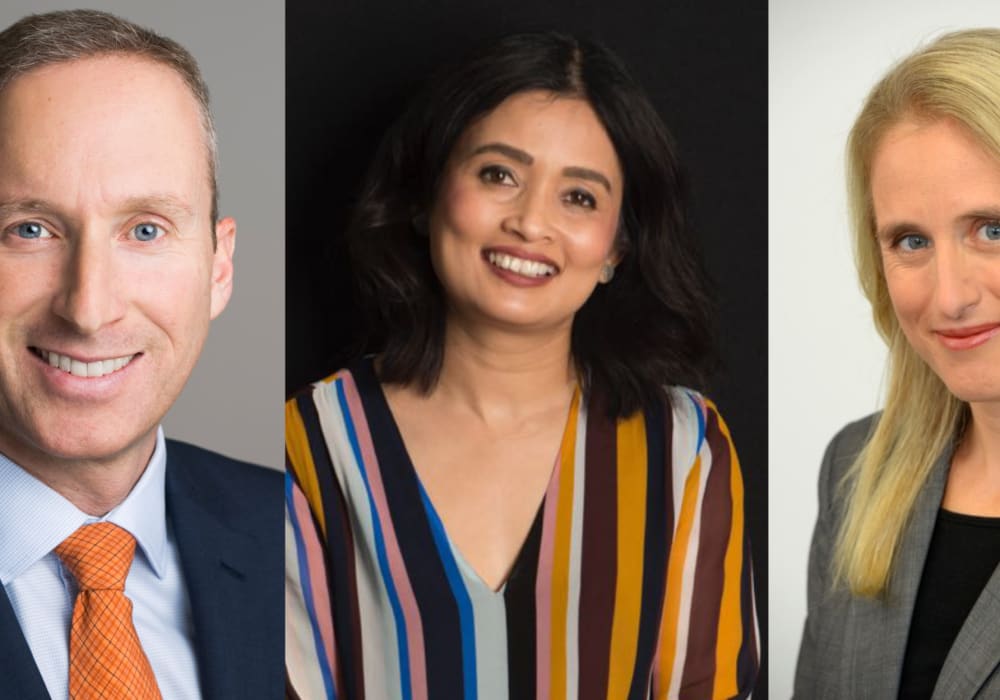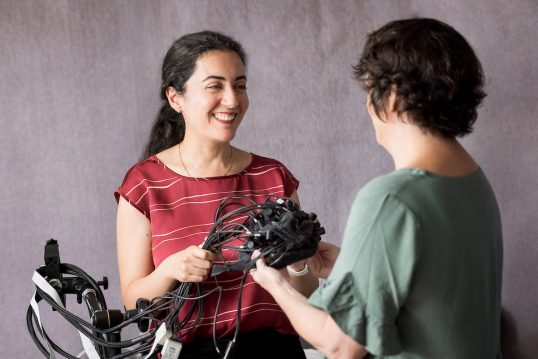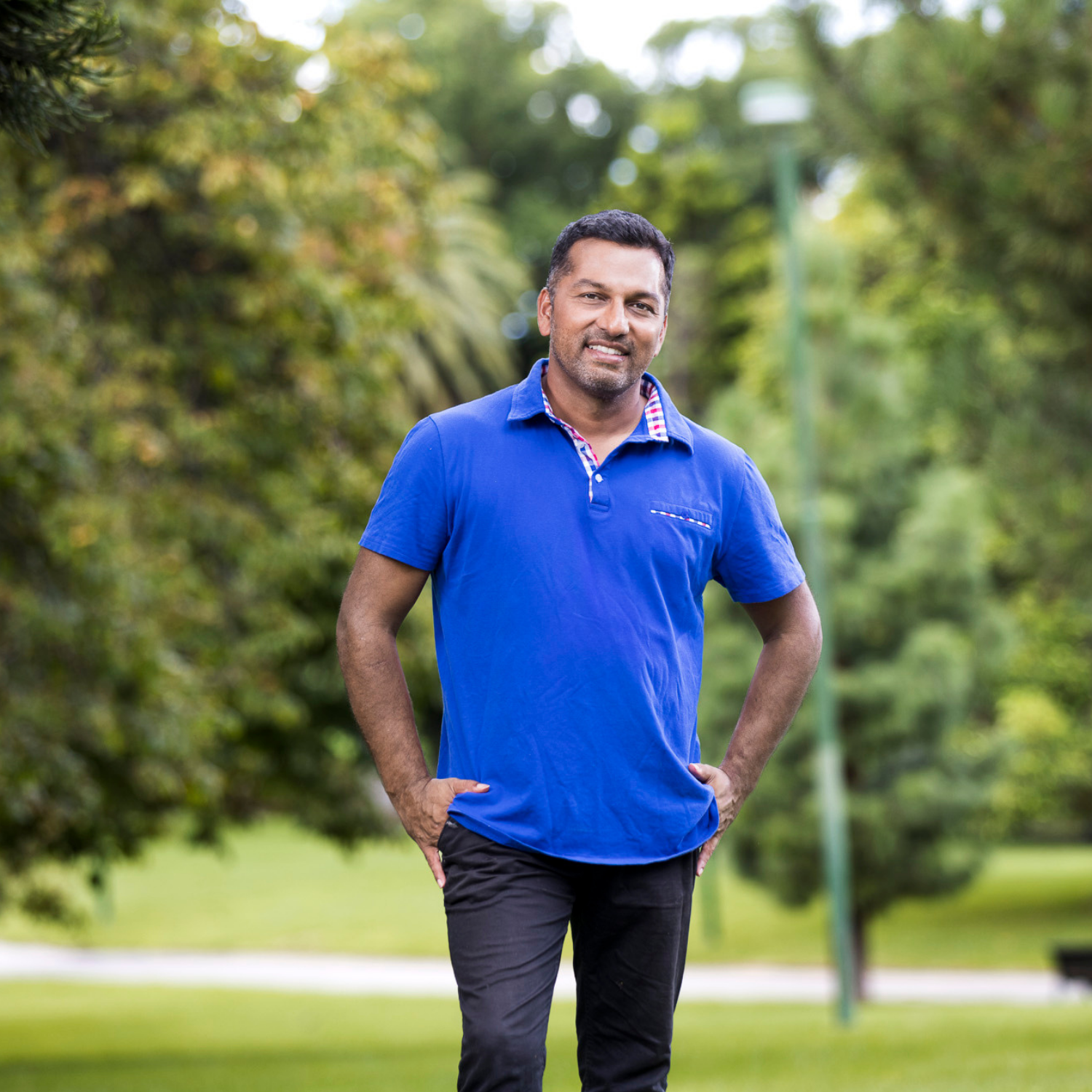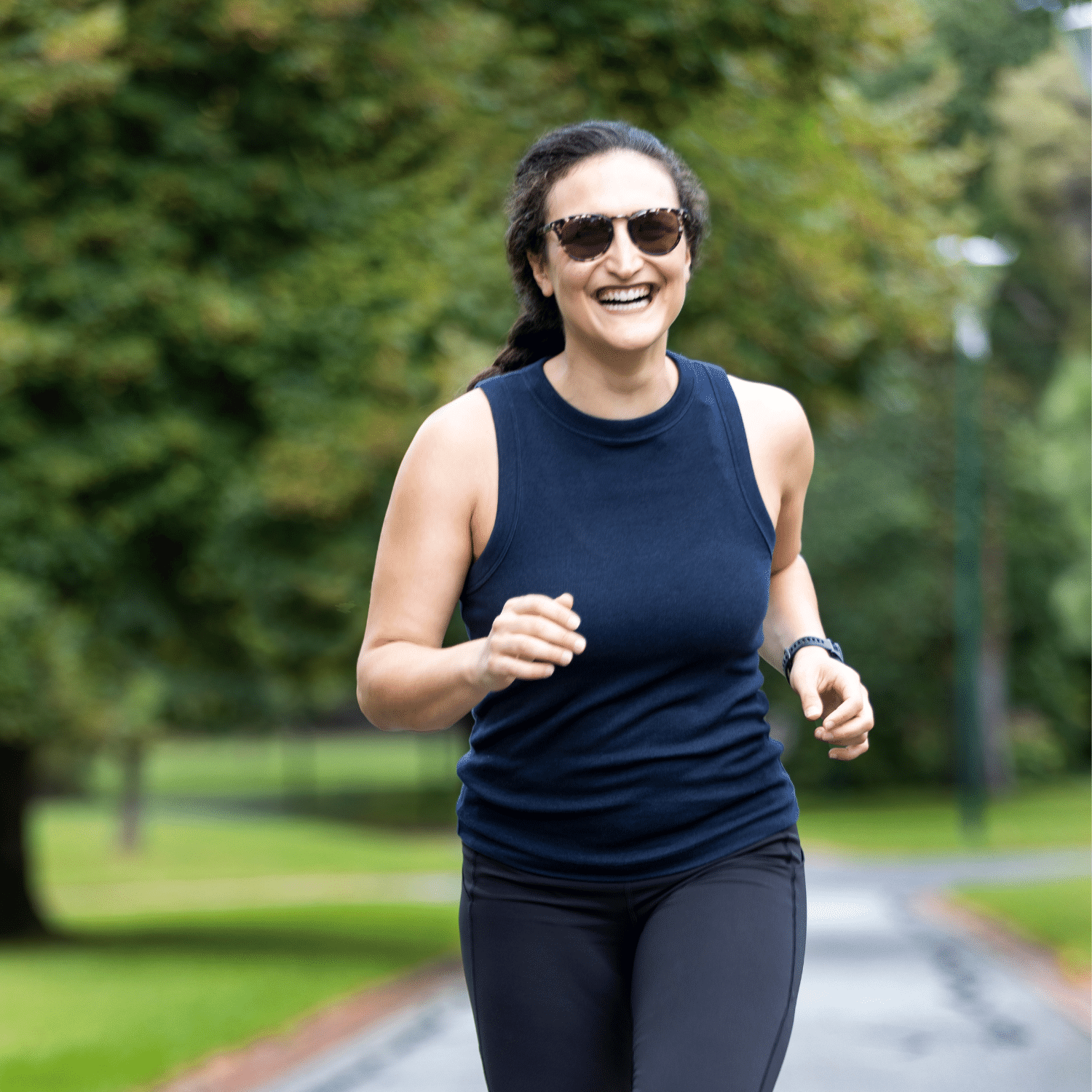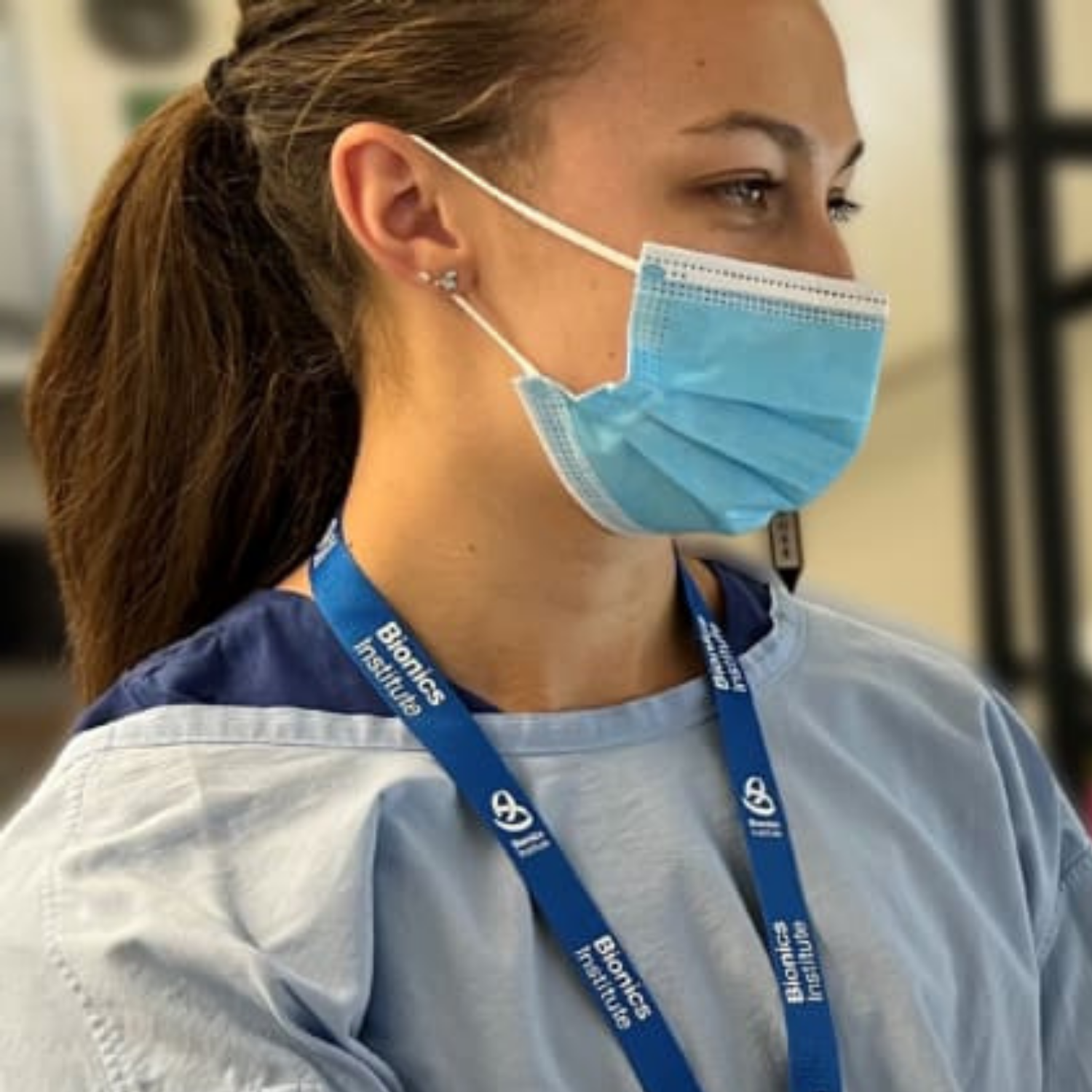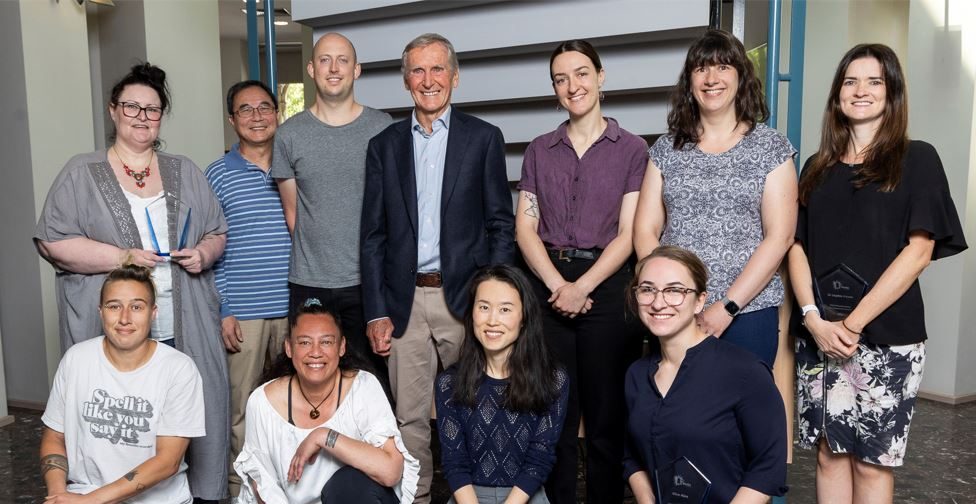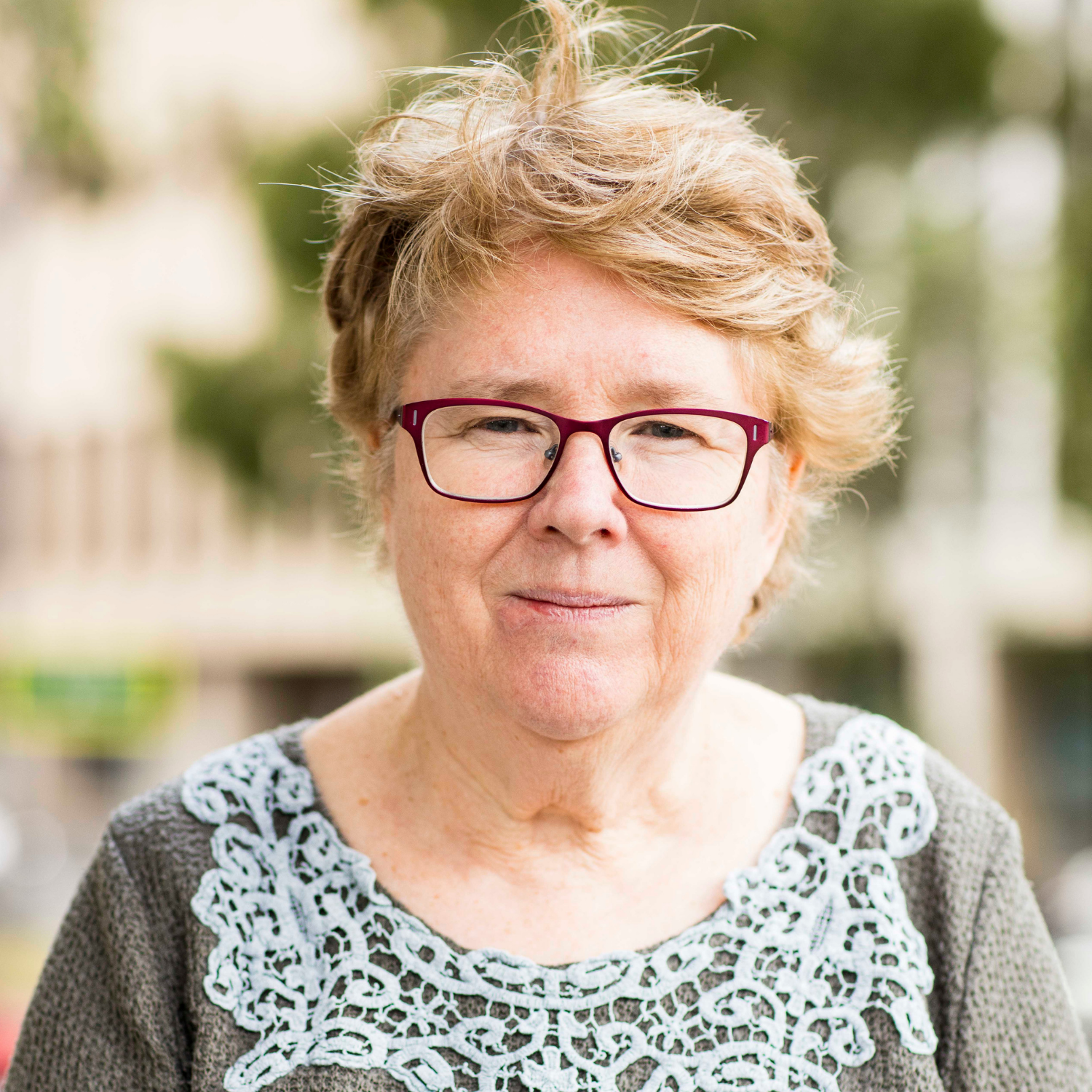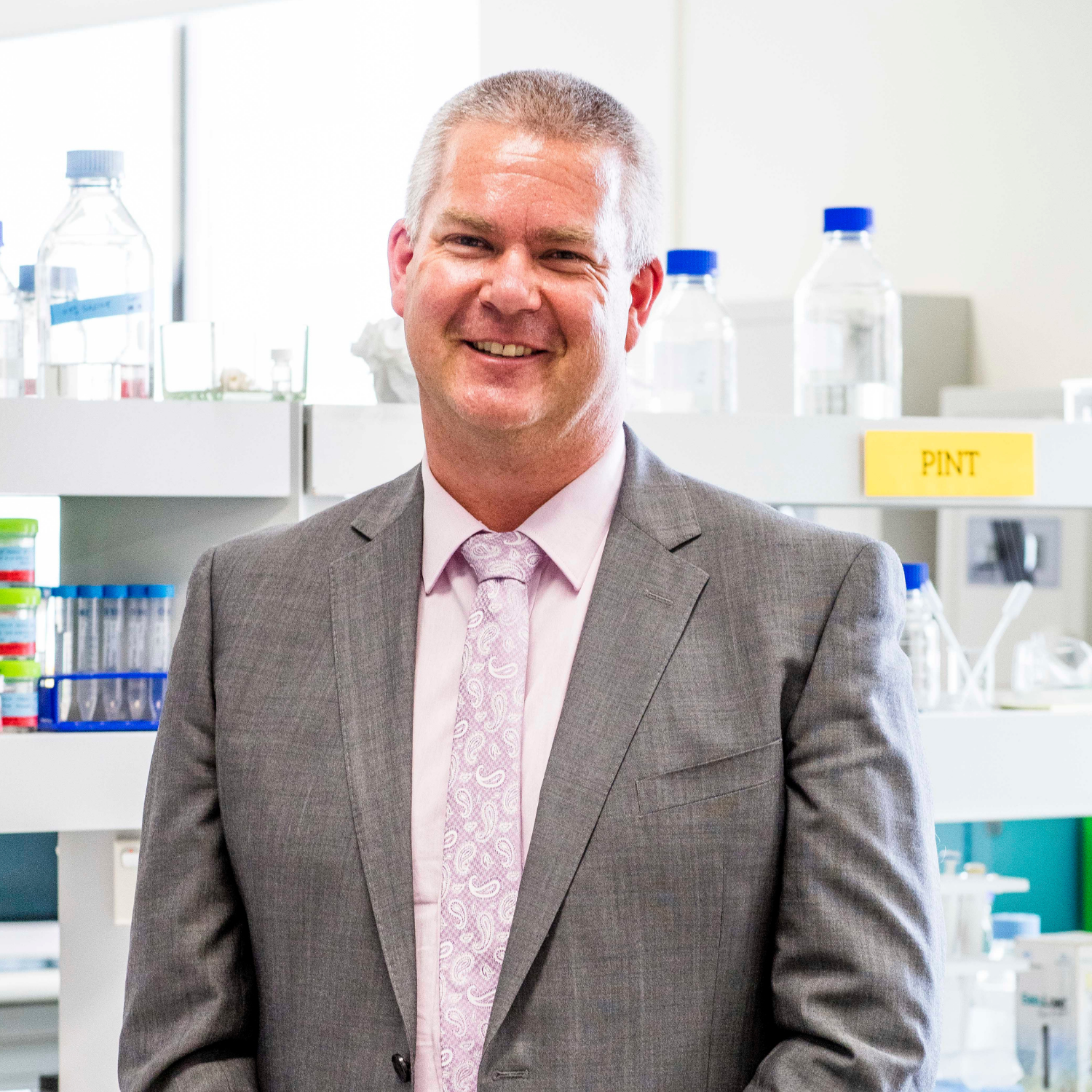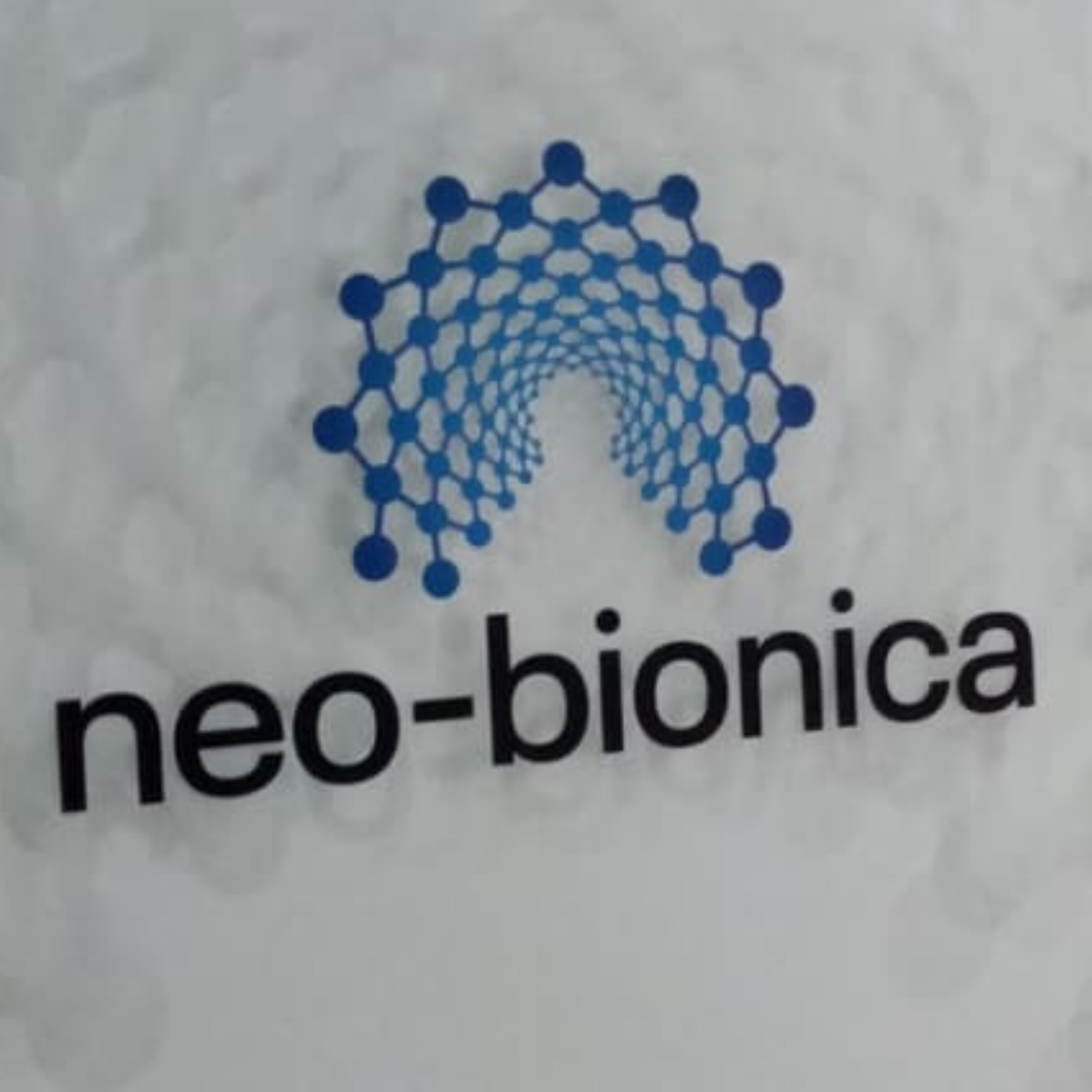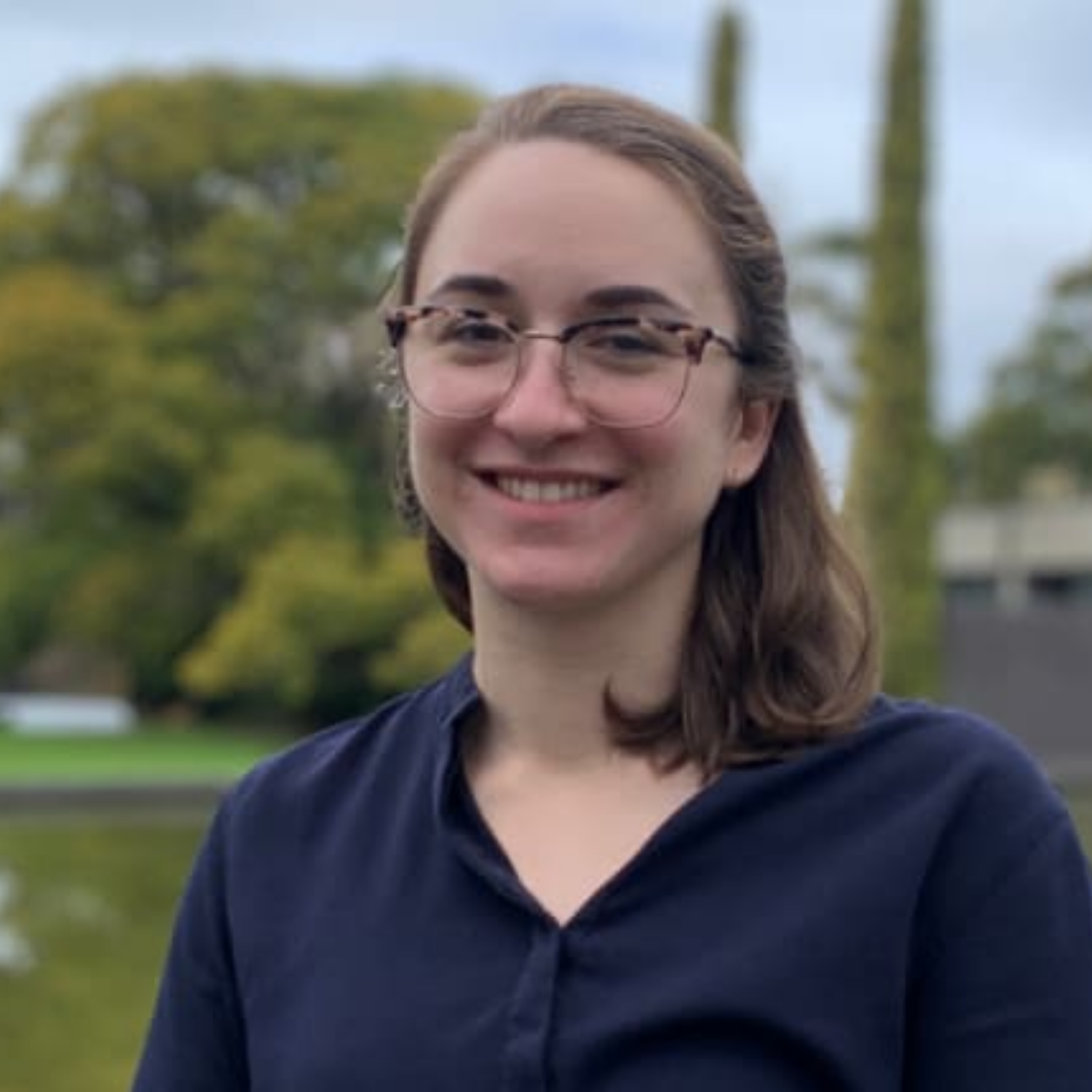Latest News
Sports superstars get behind hearing research with a fitness challenge
To kick off the New Year, AFL player Jordan Ridley is encouraging everyone to get fit in February and help people at the same time with the Couch to Your KM Fitness Challenge.
The challenge is to hit 45km in February in any exercise and raise vital funds for research at the Bionics Institute to help people with hearing loss. Participants who raise significant funds could also go into a draw to win two tickets to the Matildas’ Olympic Qualifier match in Melbourne on 28 February.
Jordan is an Ambassador for the Bionics Institute, which was founded to develop the cochlear implant that has given hearing to nearly a million people. However, one in six Australians still struggle with hearing loss. Read more about Jordan’s story here.
Researchers at the Bionics Institute aim to change that reality with life-changing treatments for people with hearing loss, like Charlie who was diagnosed with partial deafness as a baby. Read more about Charlie’s story here.
About the Couch to Your KM Fitness Challenge
Anyone can register for a solo or team challenge, pick their preferred exercise and hit 45km in the month of February.
That could be running, rowing, cycling or anything active! For more static exercises such as yoga or weights 1 hour of activity equals 5km.
Achieving fitness goals will make you healthier and fundraising for the Bionics Institute will keep you motivated and help people with hearing loss.
To find out more, Google Bionics Institute Couch to Your KM, or go to: https://fundraise.bionicsinstitute.org/event/couch2yourkm/home
About the Bionics Institute
It’s 45 years since the first cochlear implant was first implanted into a patient by Professor Grame Clark, an invention that has given hearing to nearly a million people worldwide.
He founded the Bionics Institute, which is now a world leader in the development of medical devices to test and treat hearing loss, Alzheimer’s disease, rheumatoid arthritis, chronic pain and much more.
Our scientists are doing some amazing work to help people with hearing loss.
This includes developing a new hearing test for babies, a drug that could restore hearing nerve cells for people with age-related hearing loss, and a new test to help develop treatments for tinnitus.

